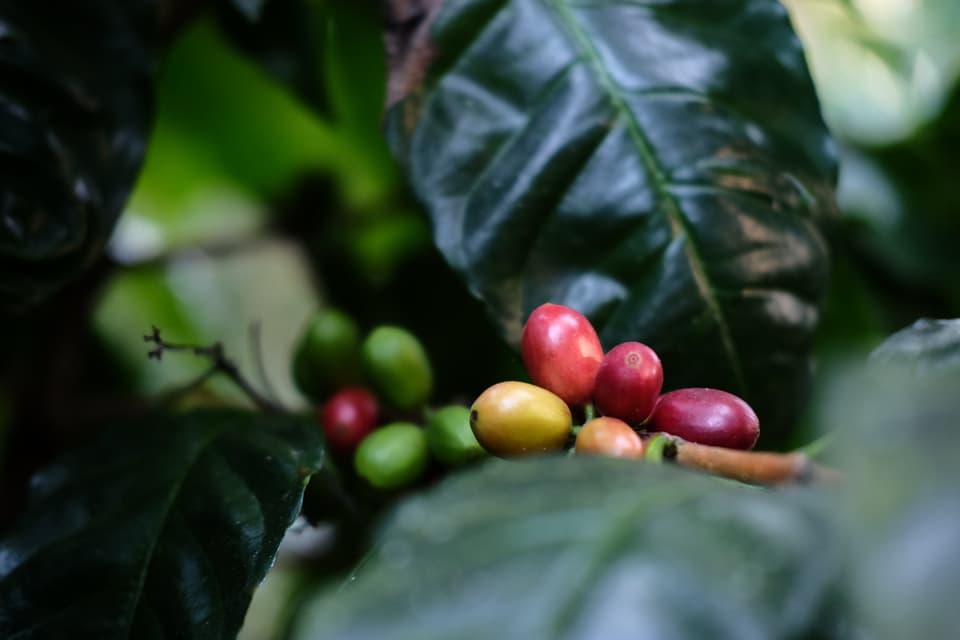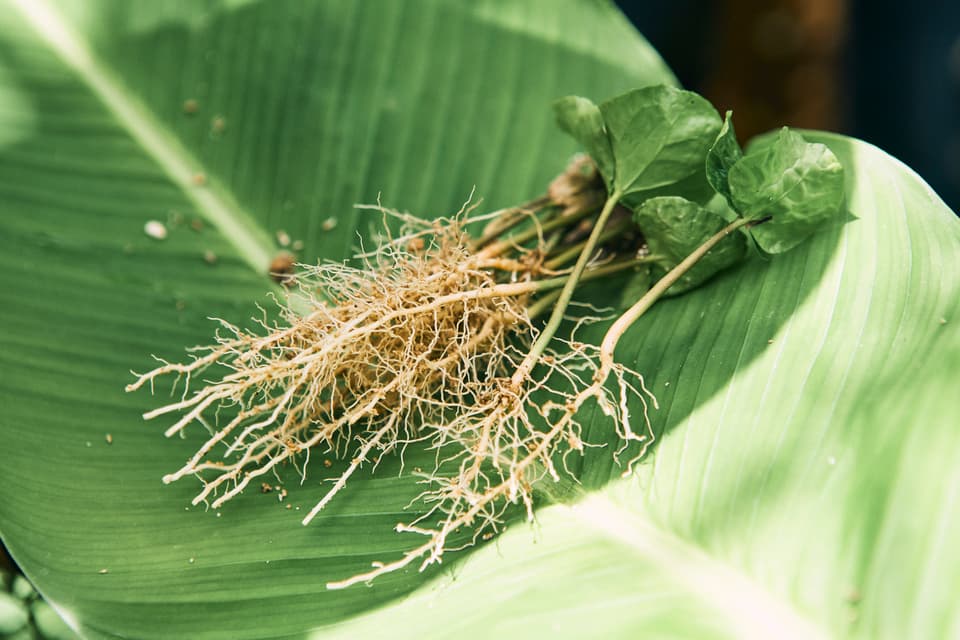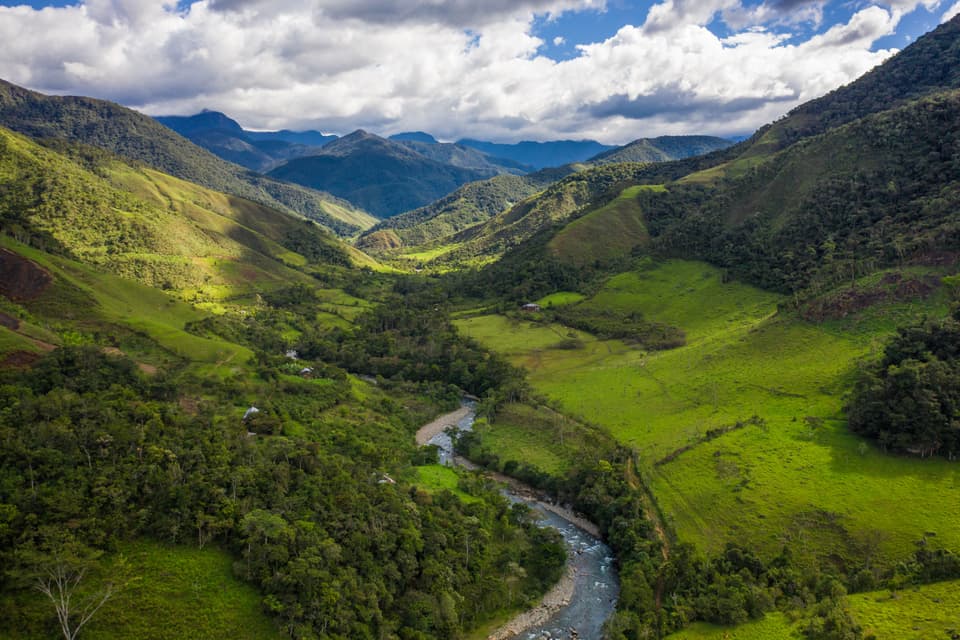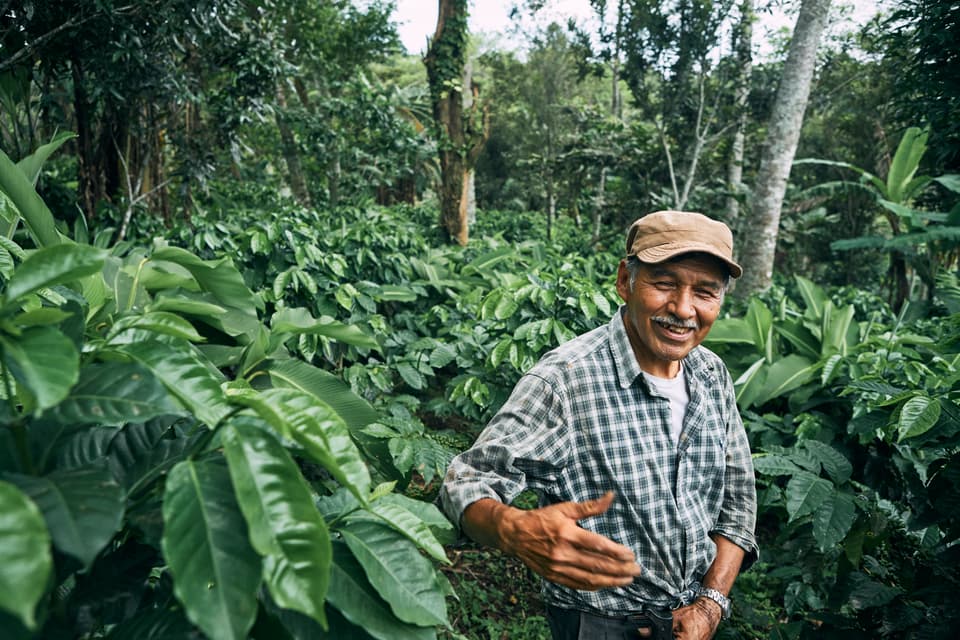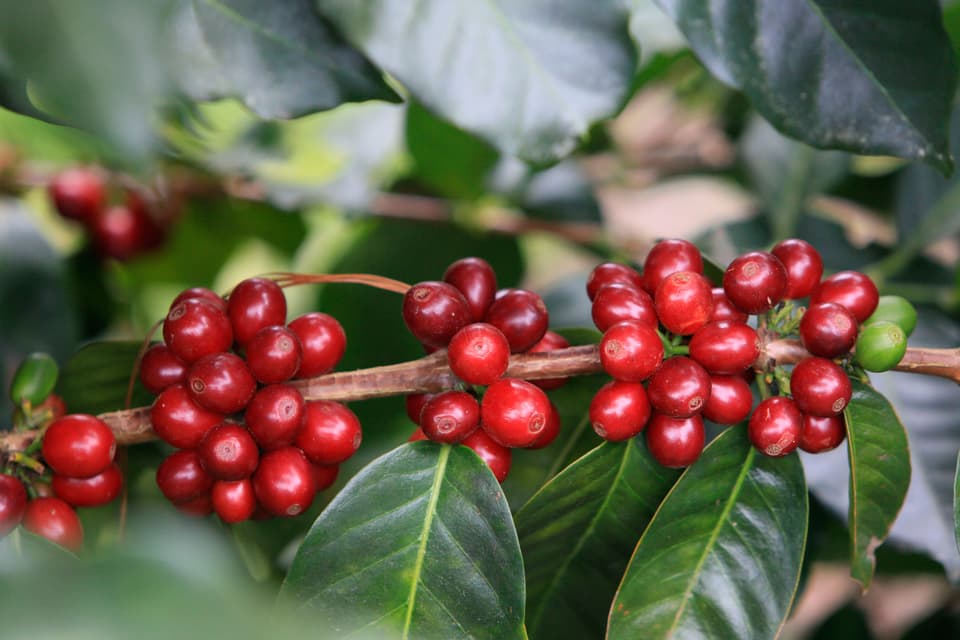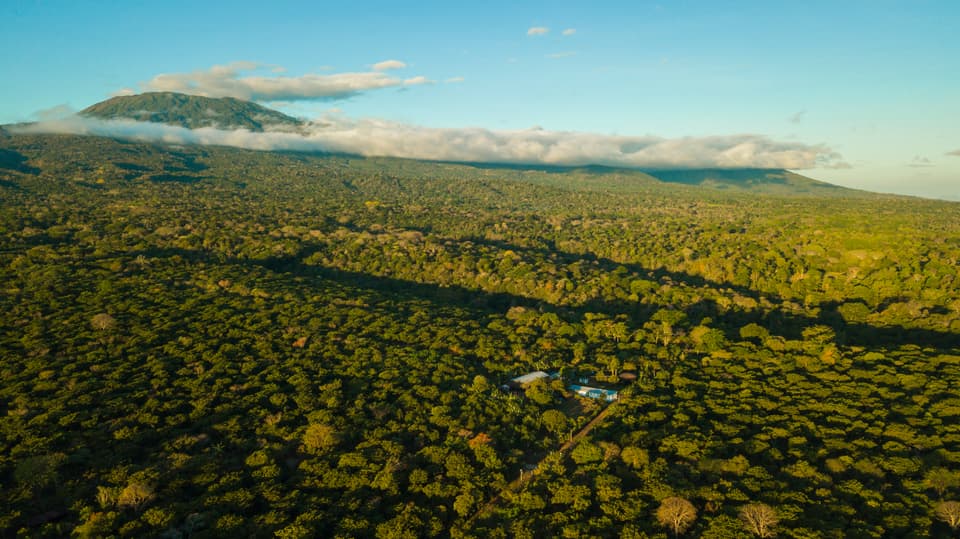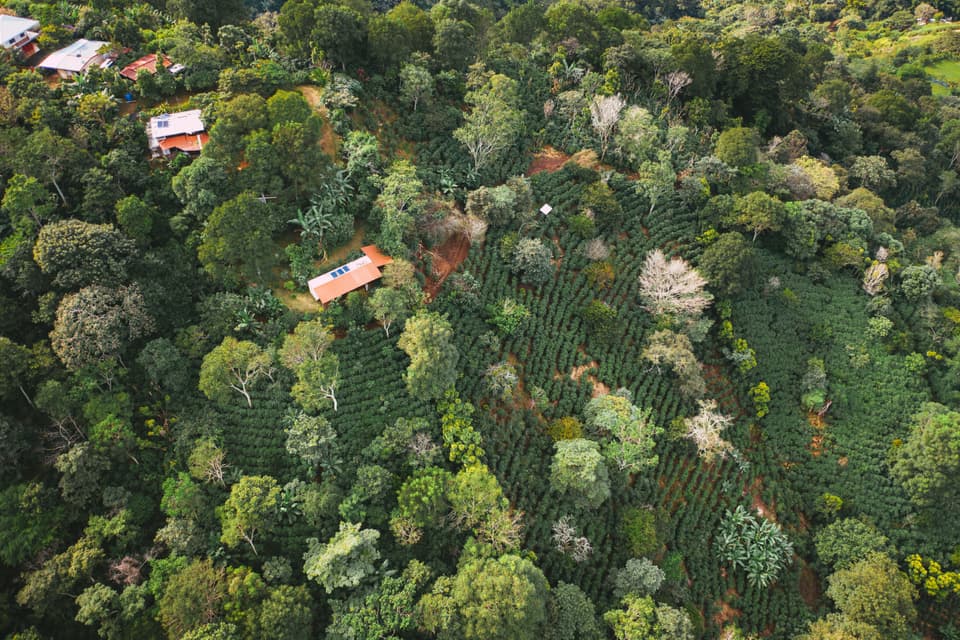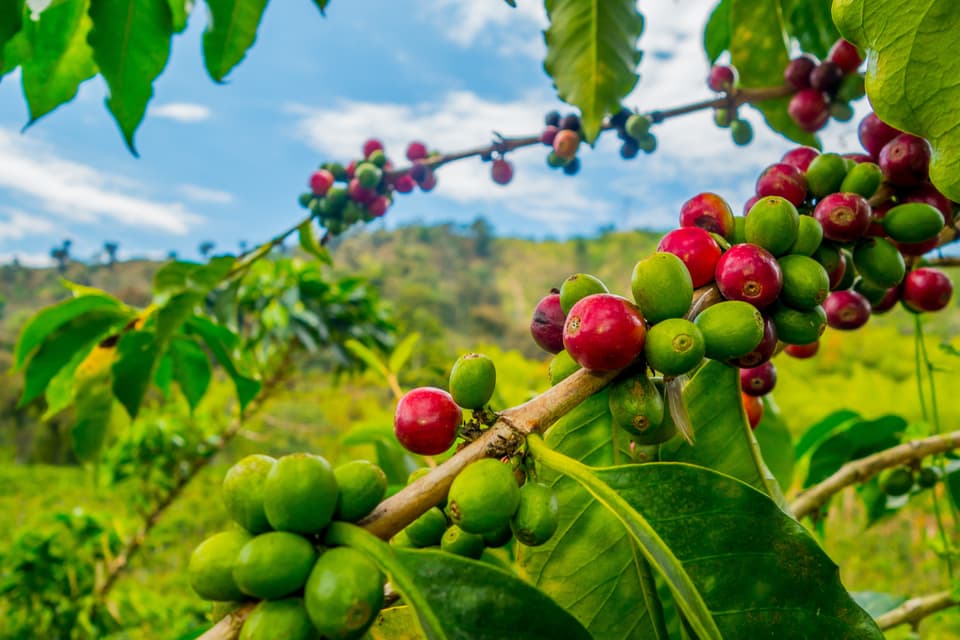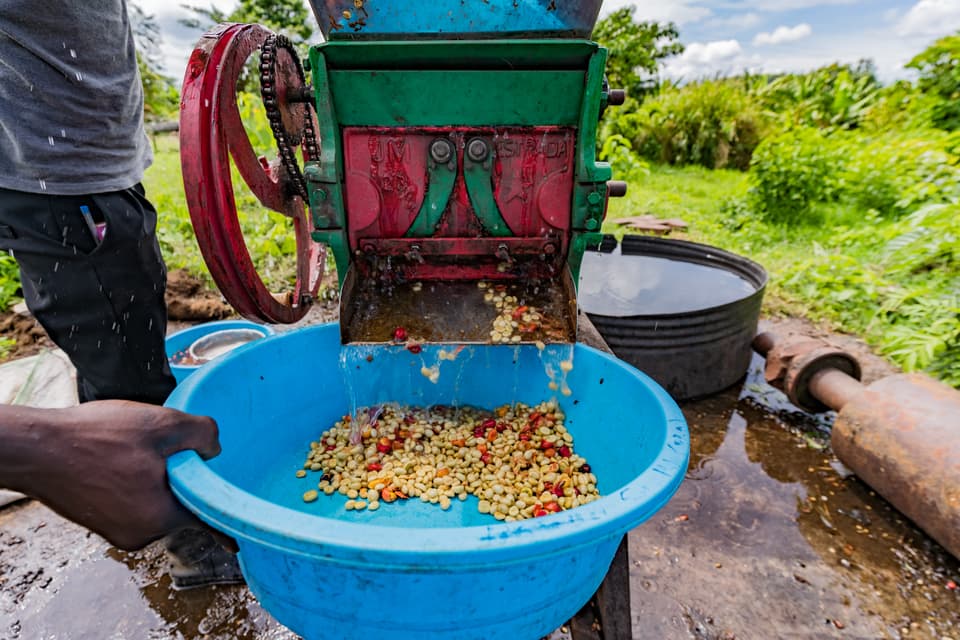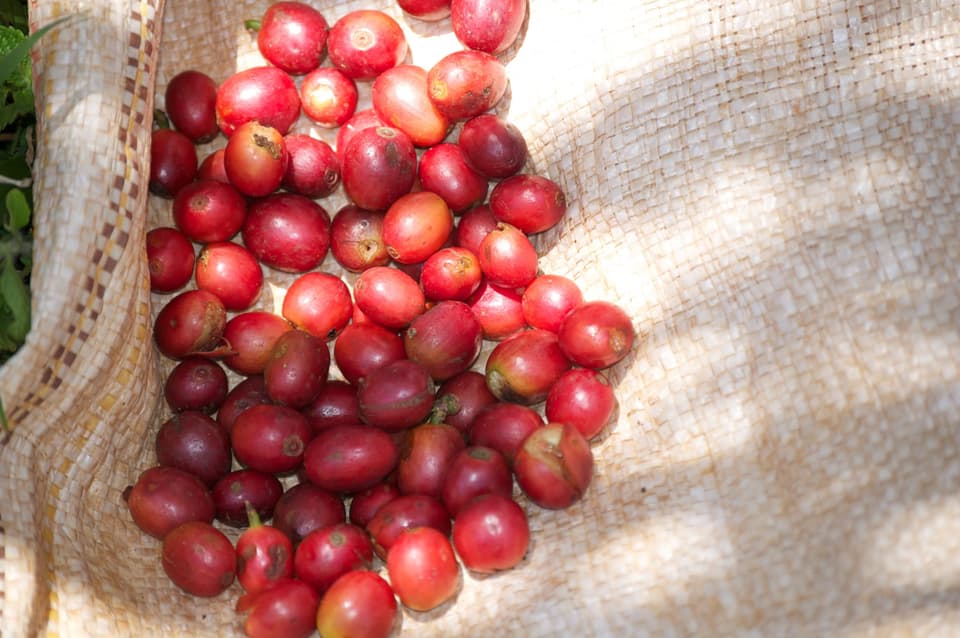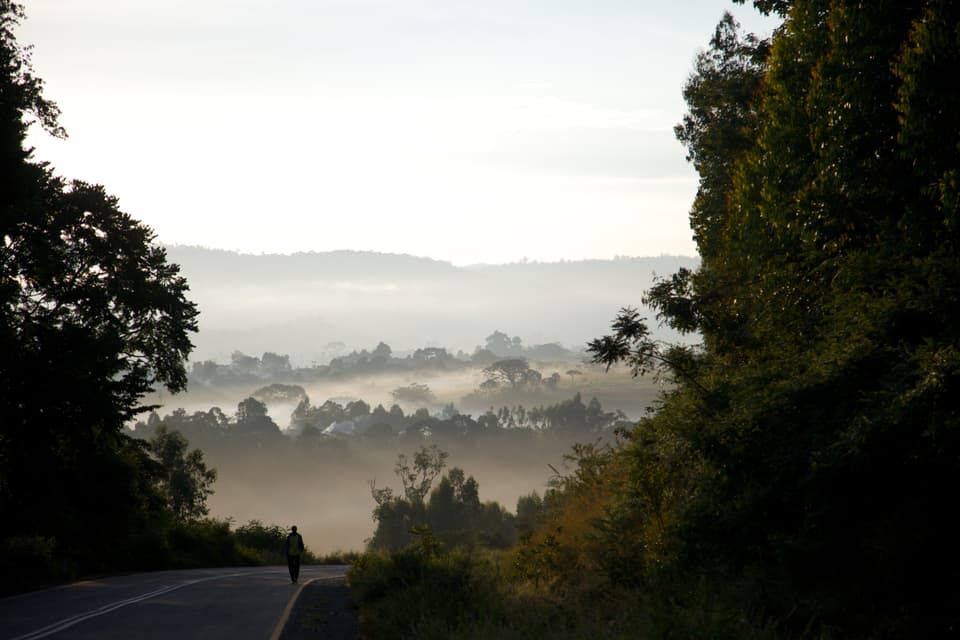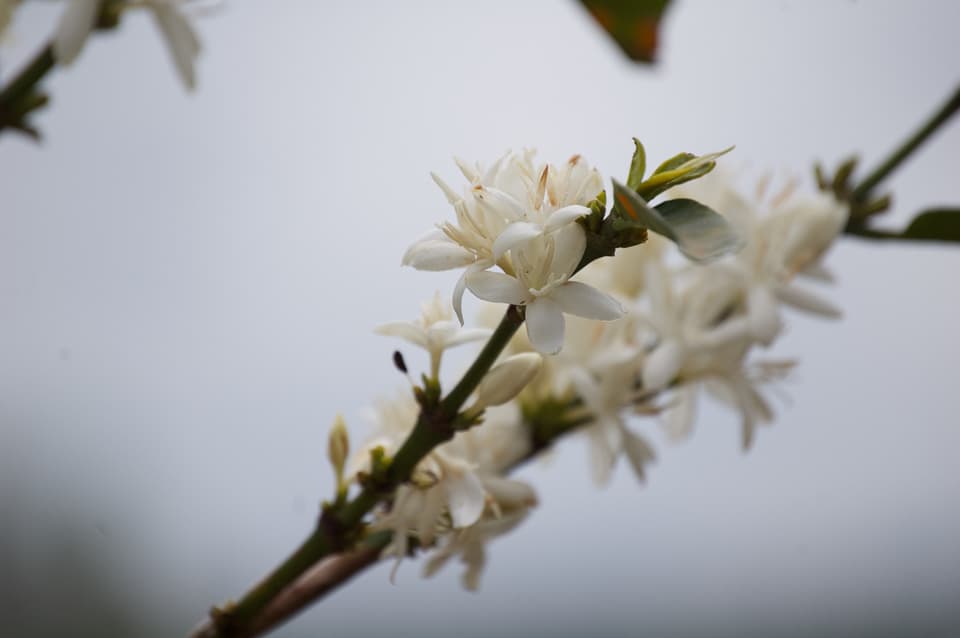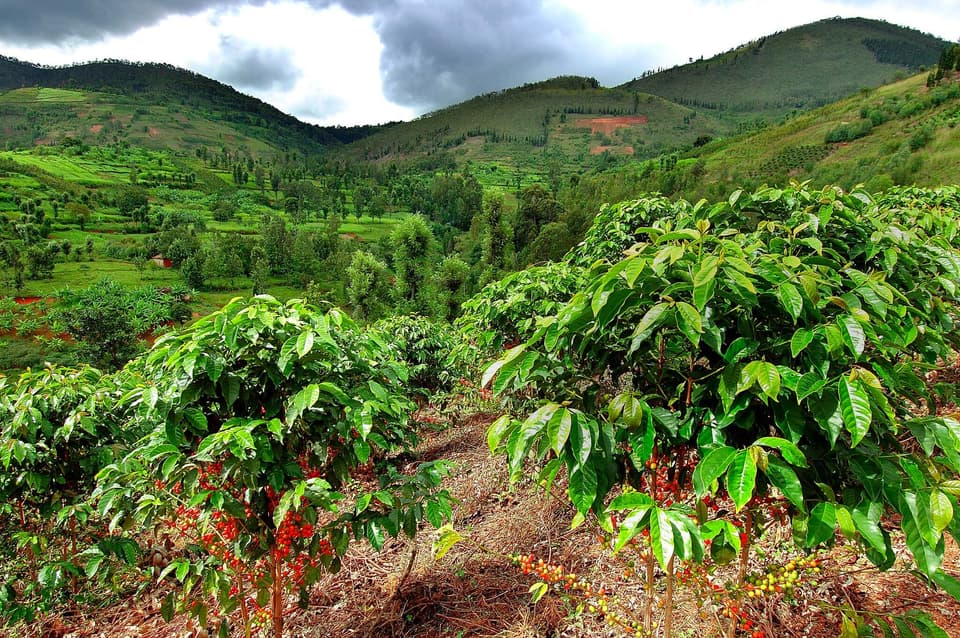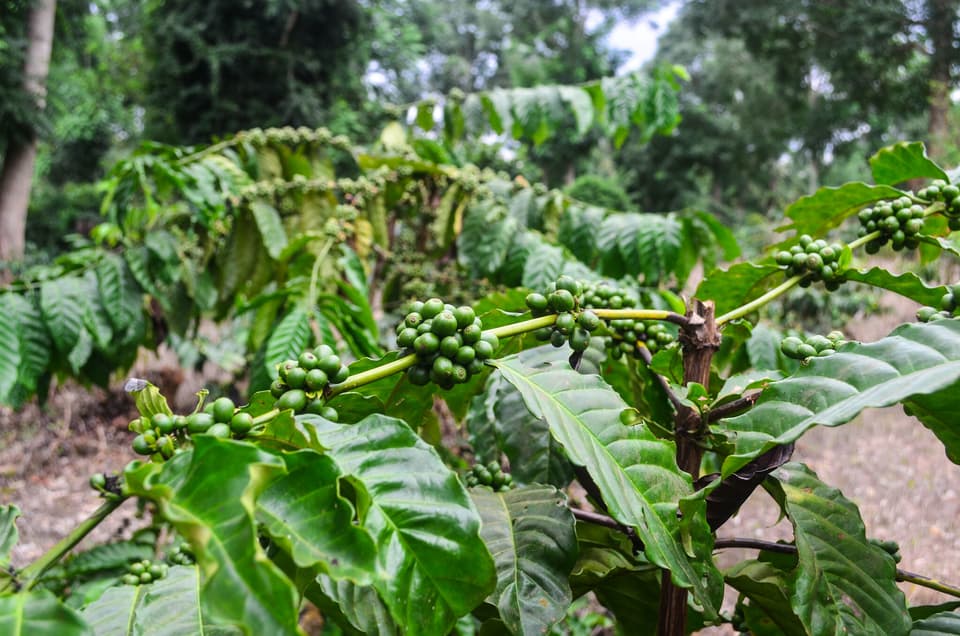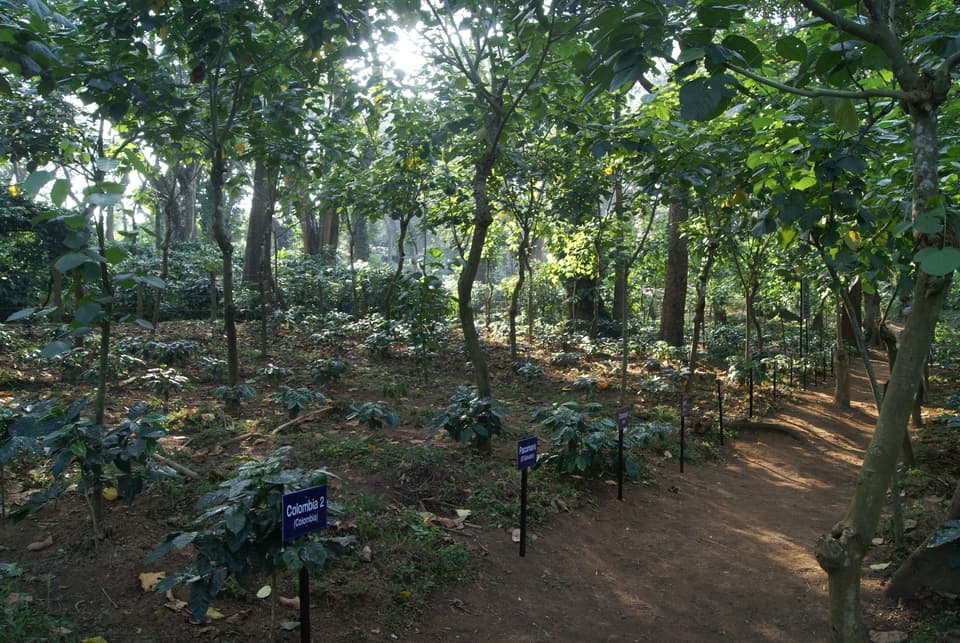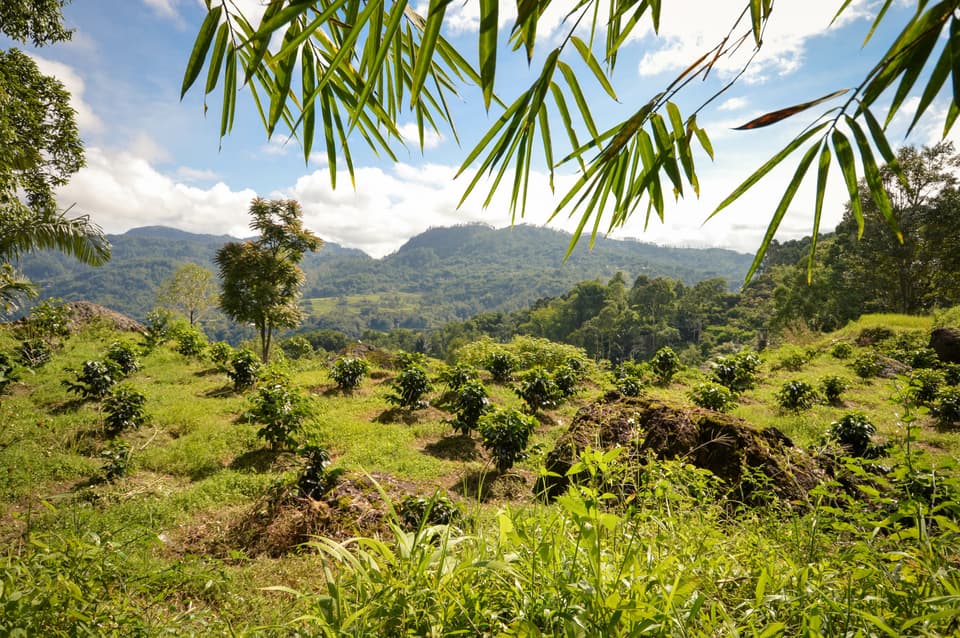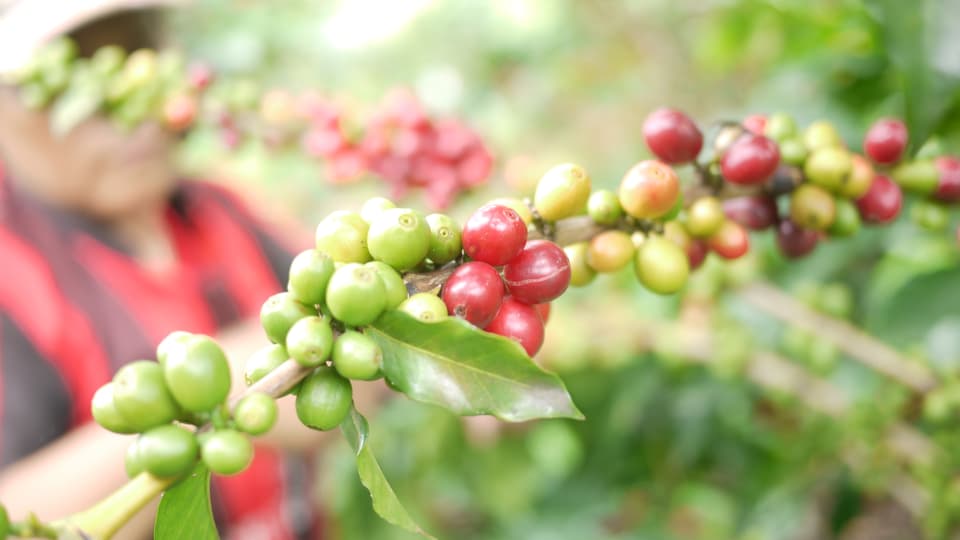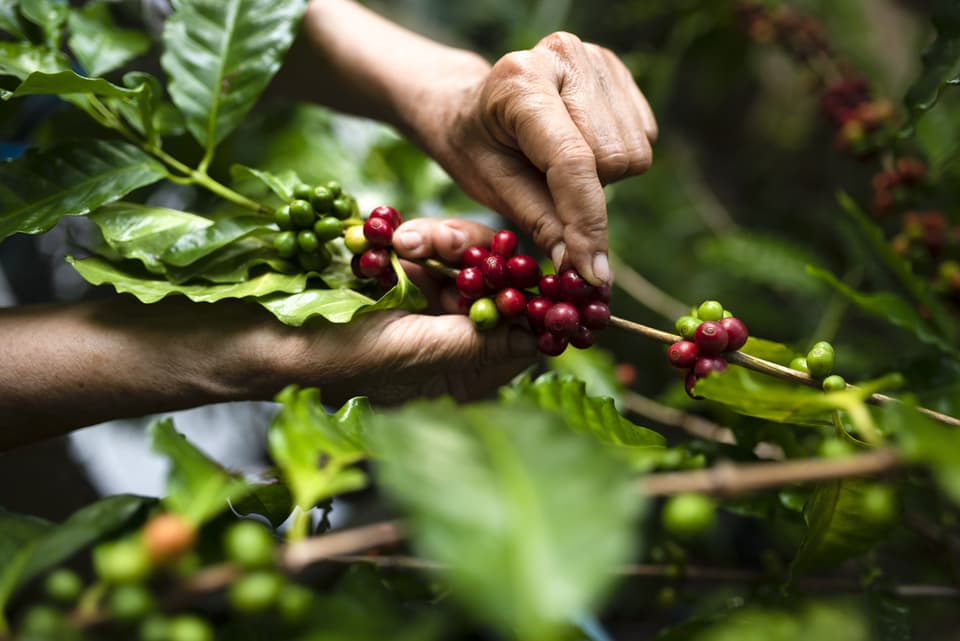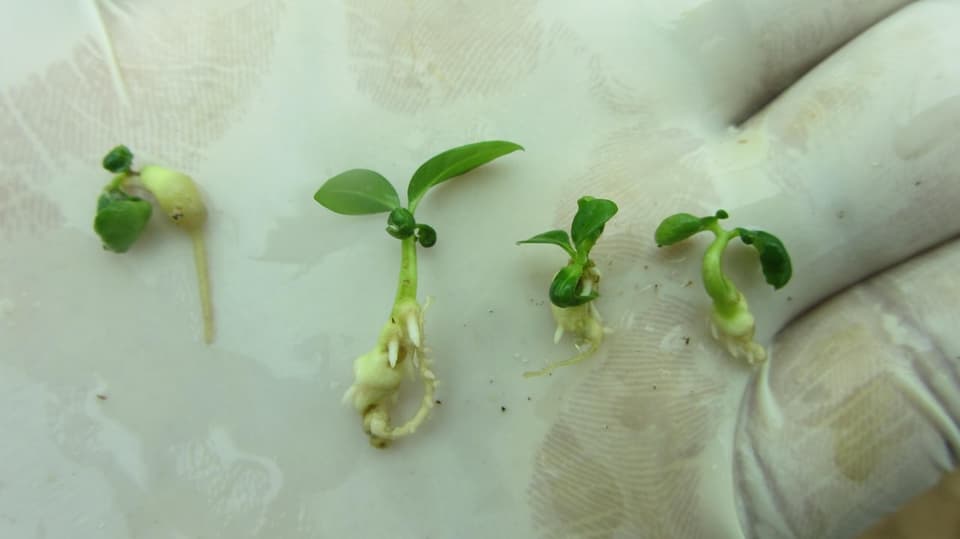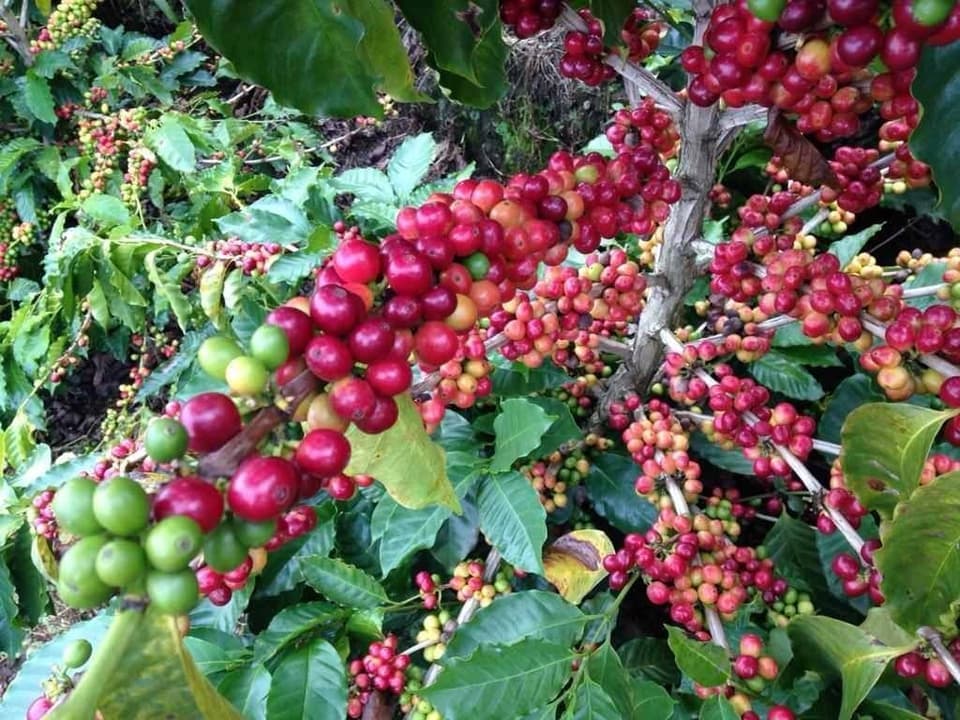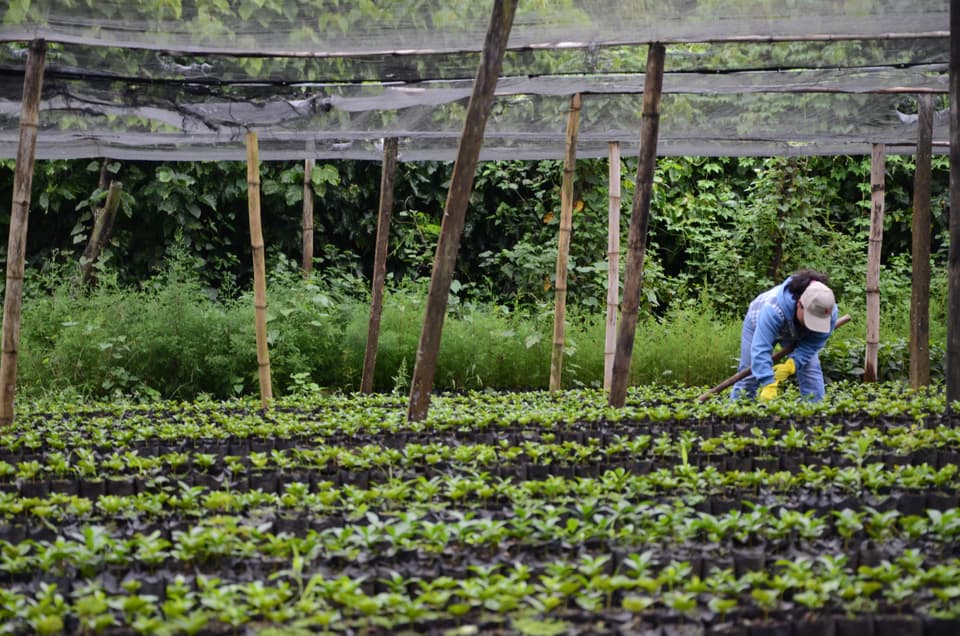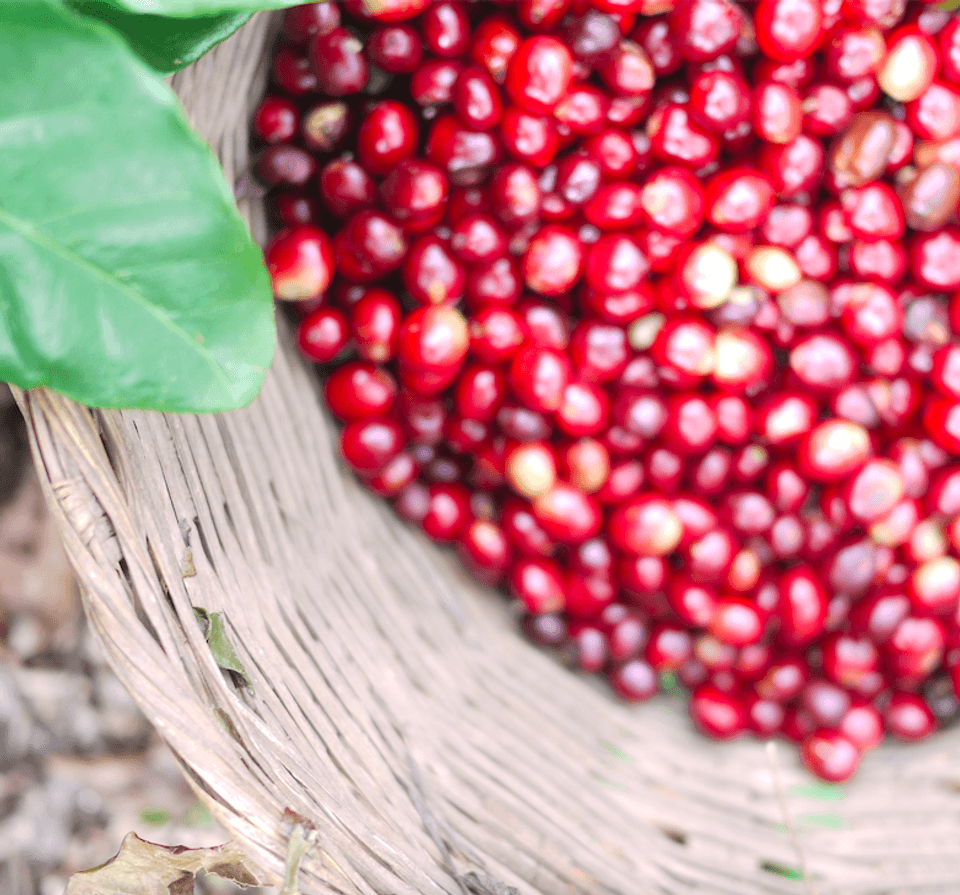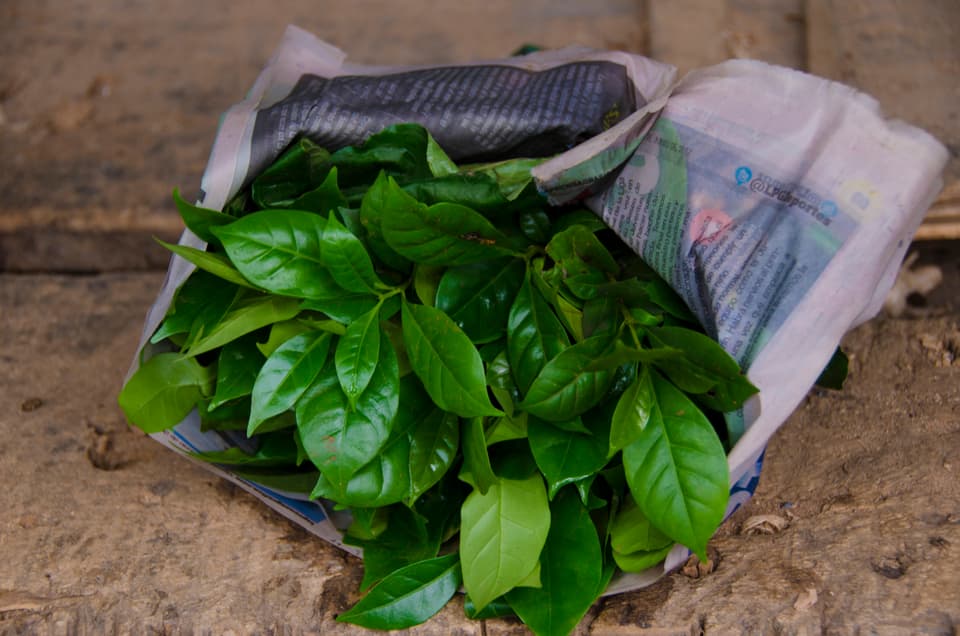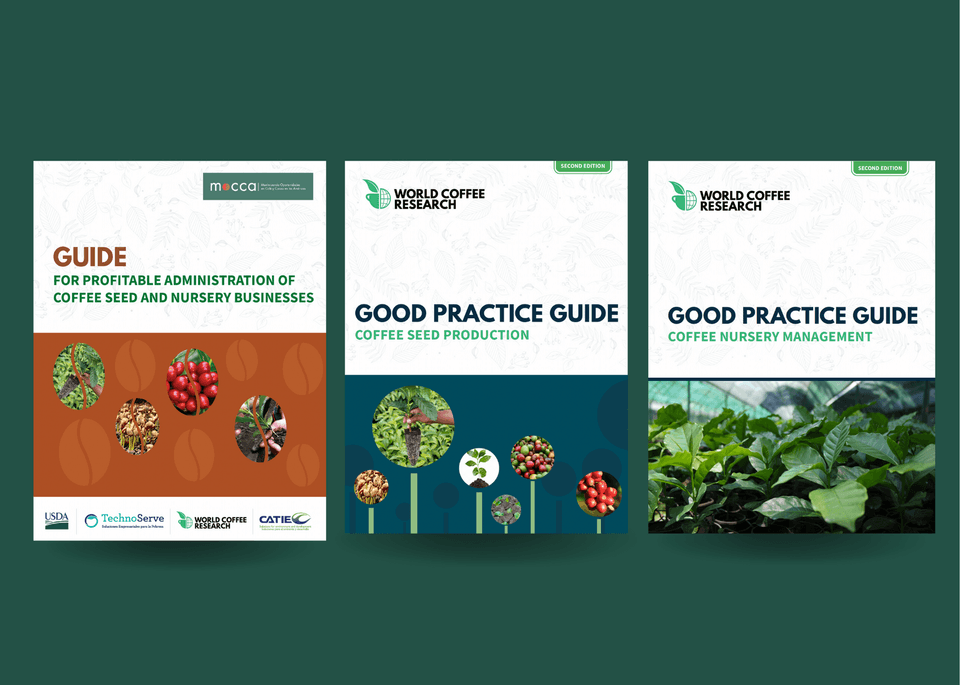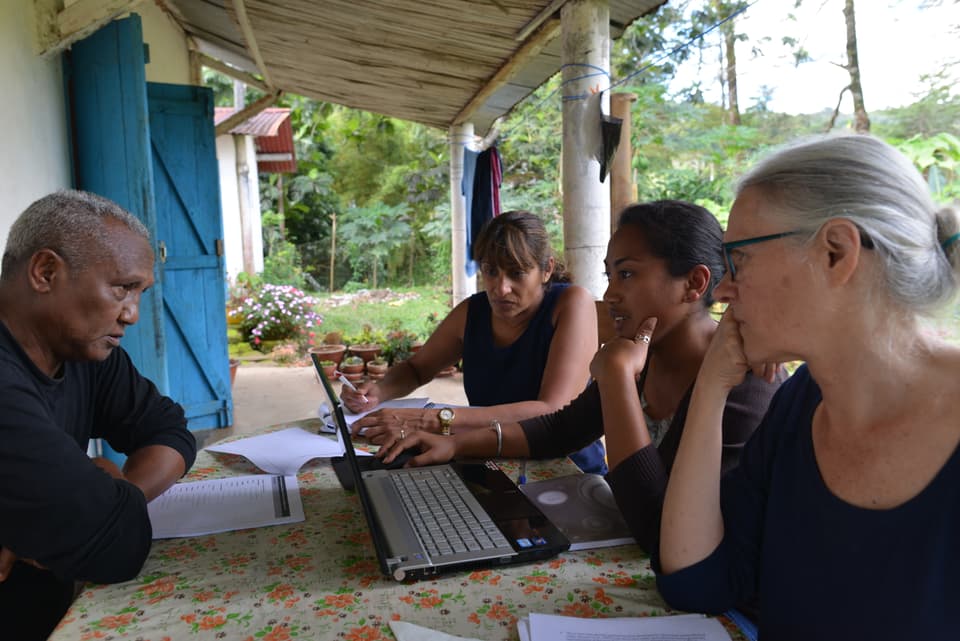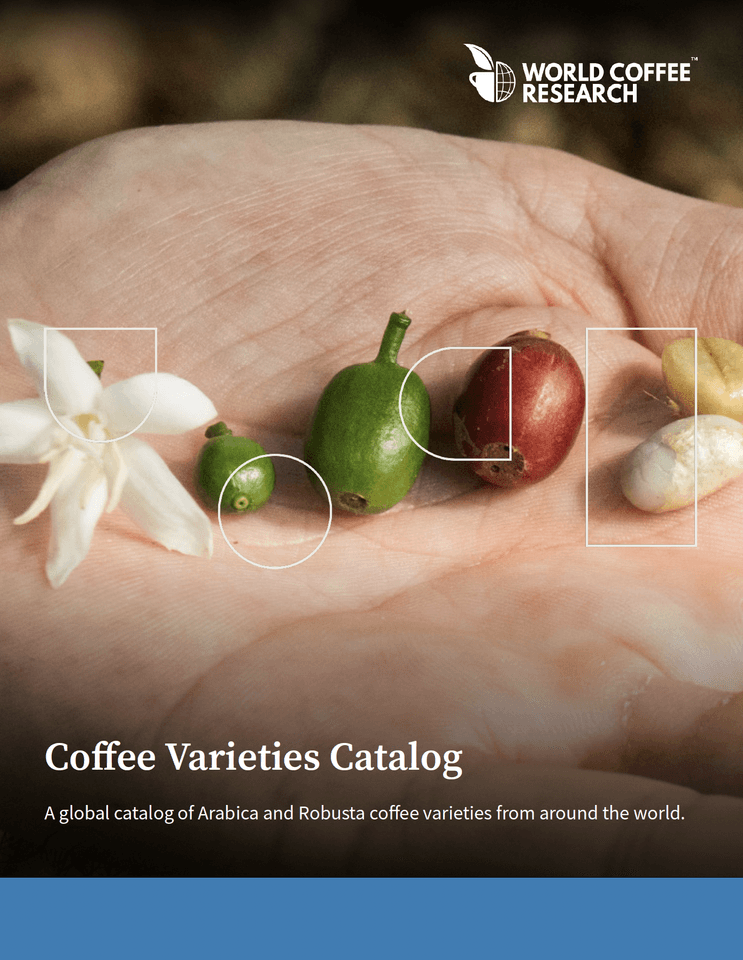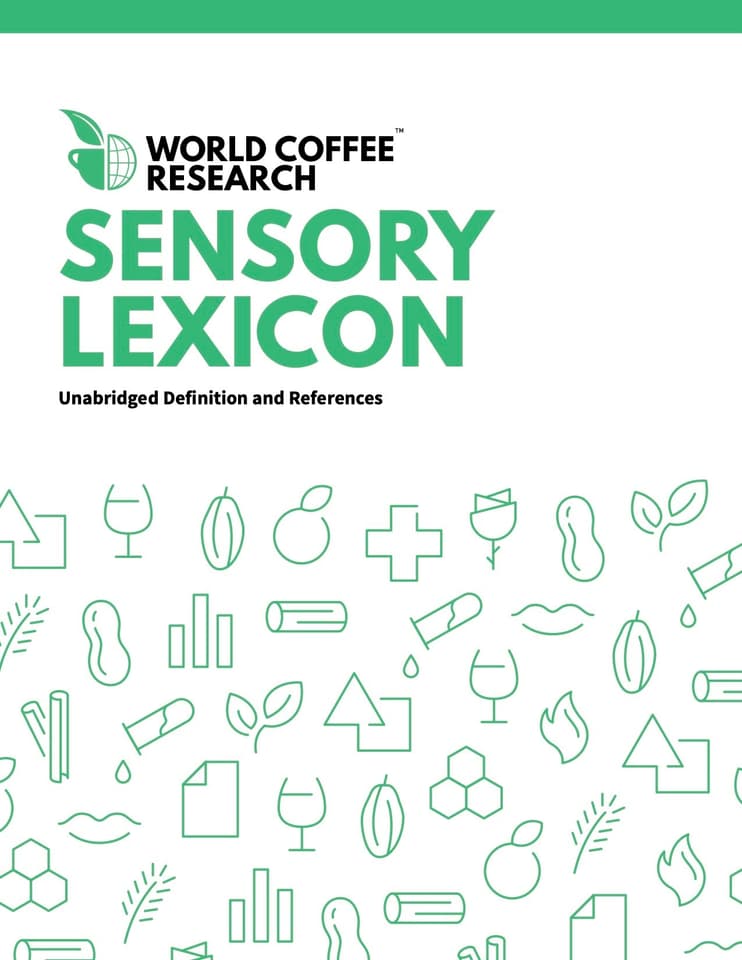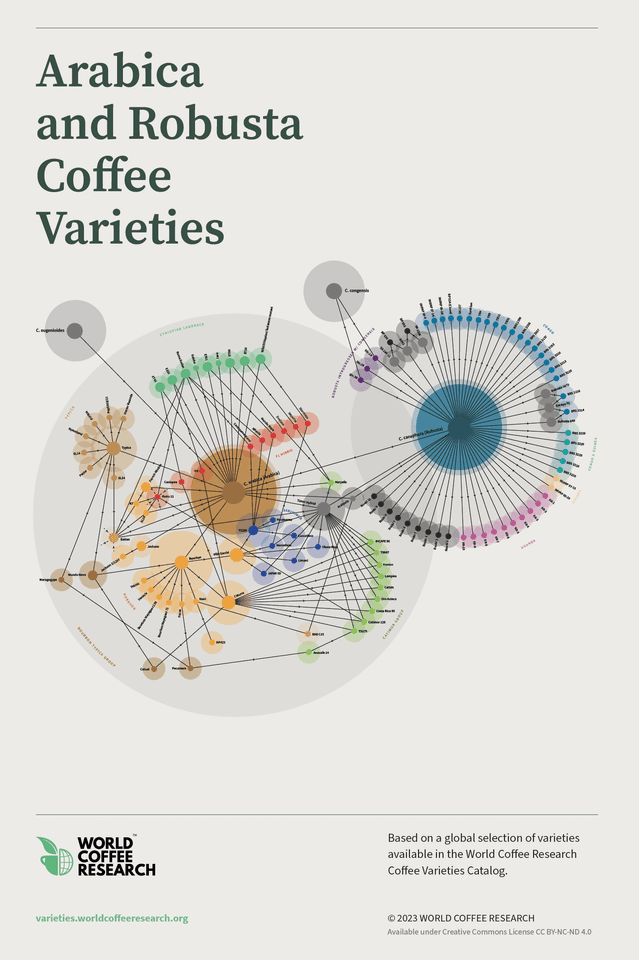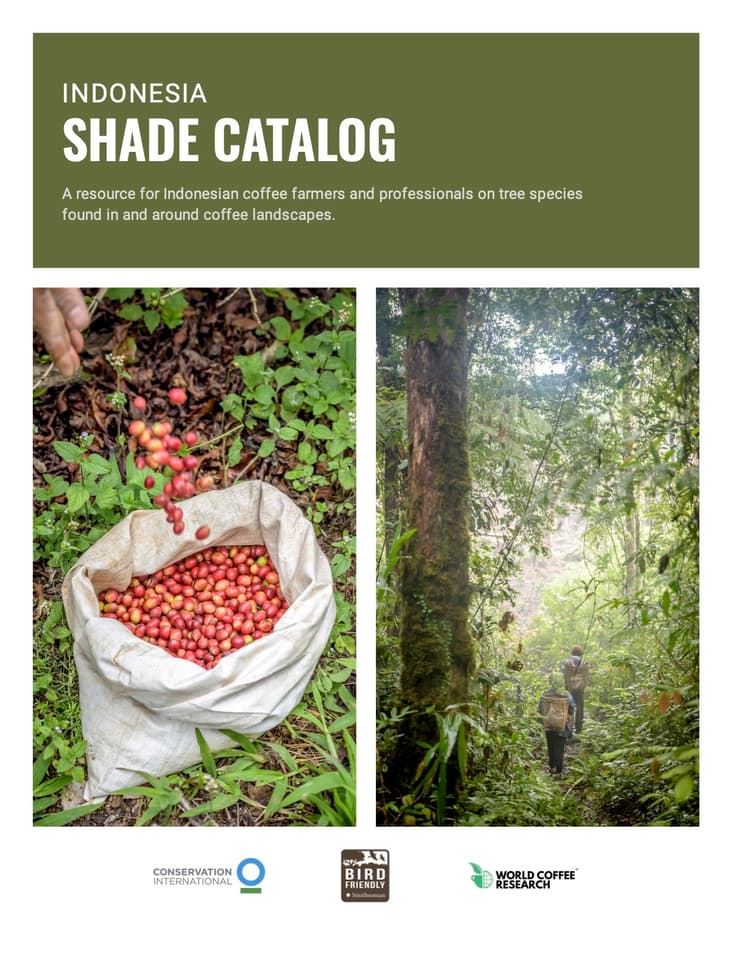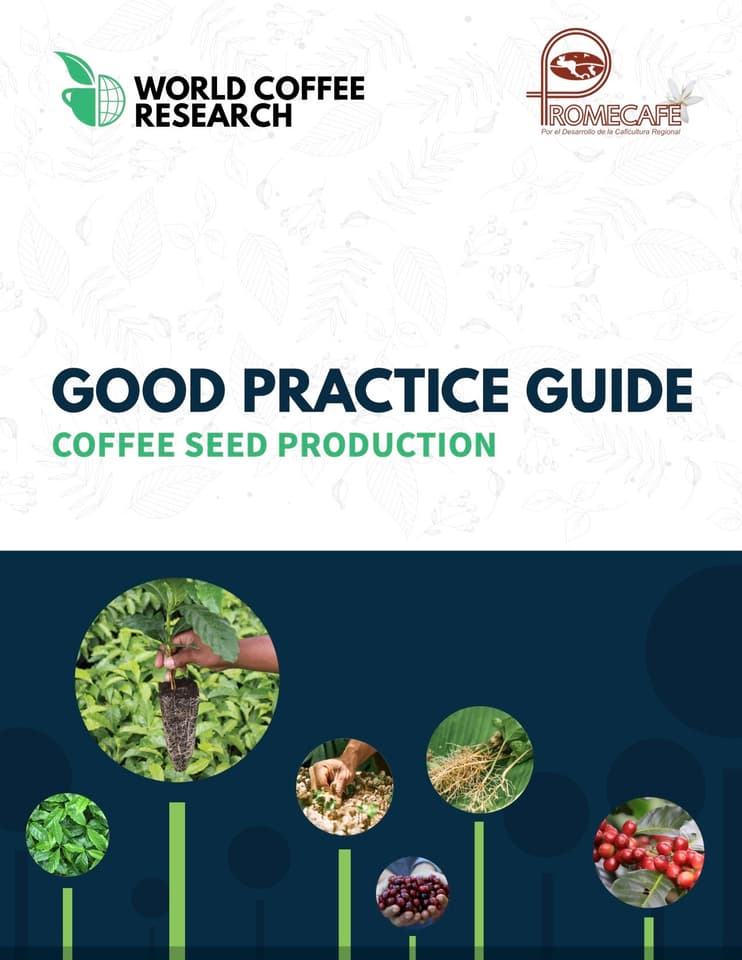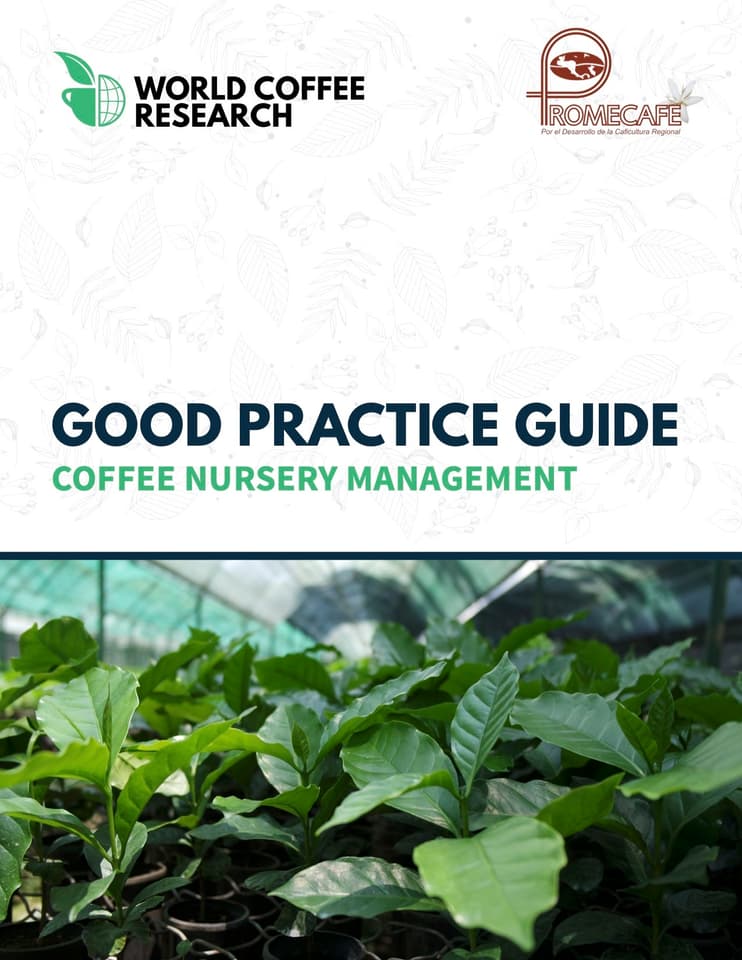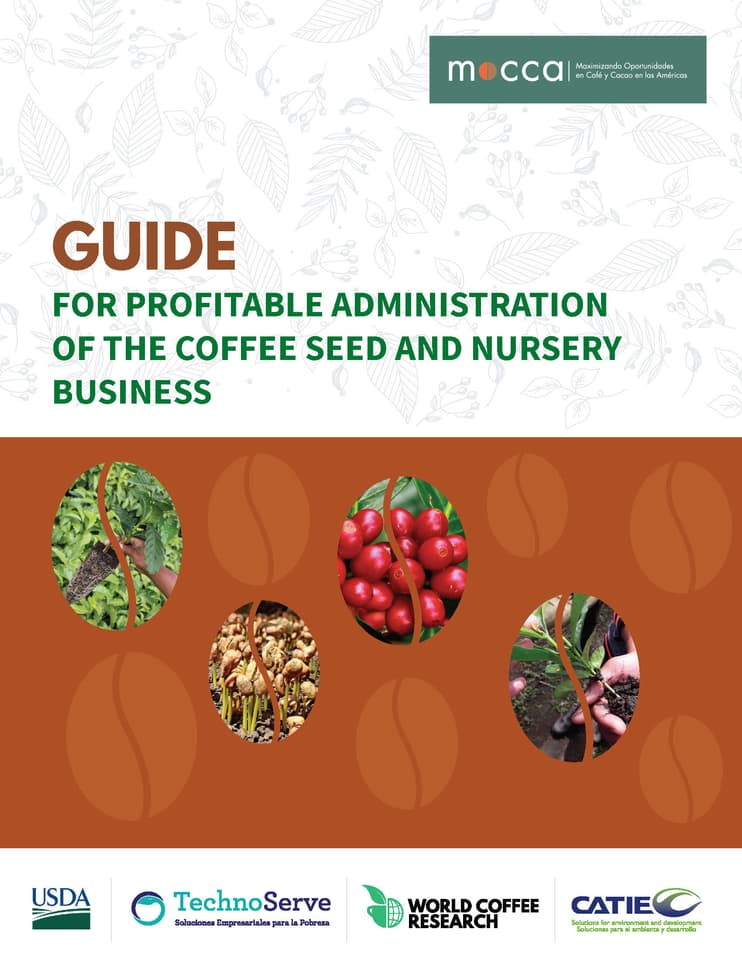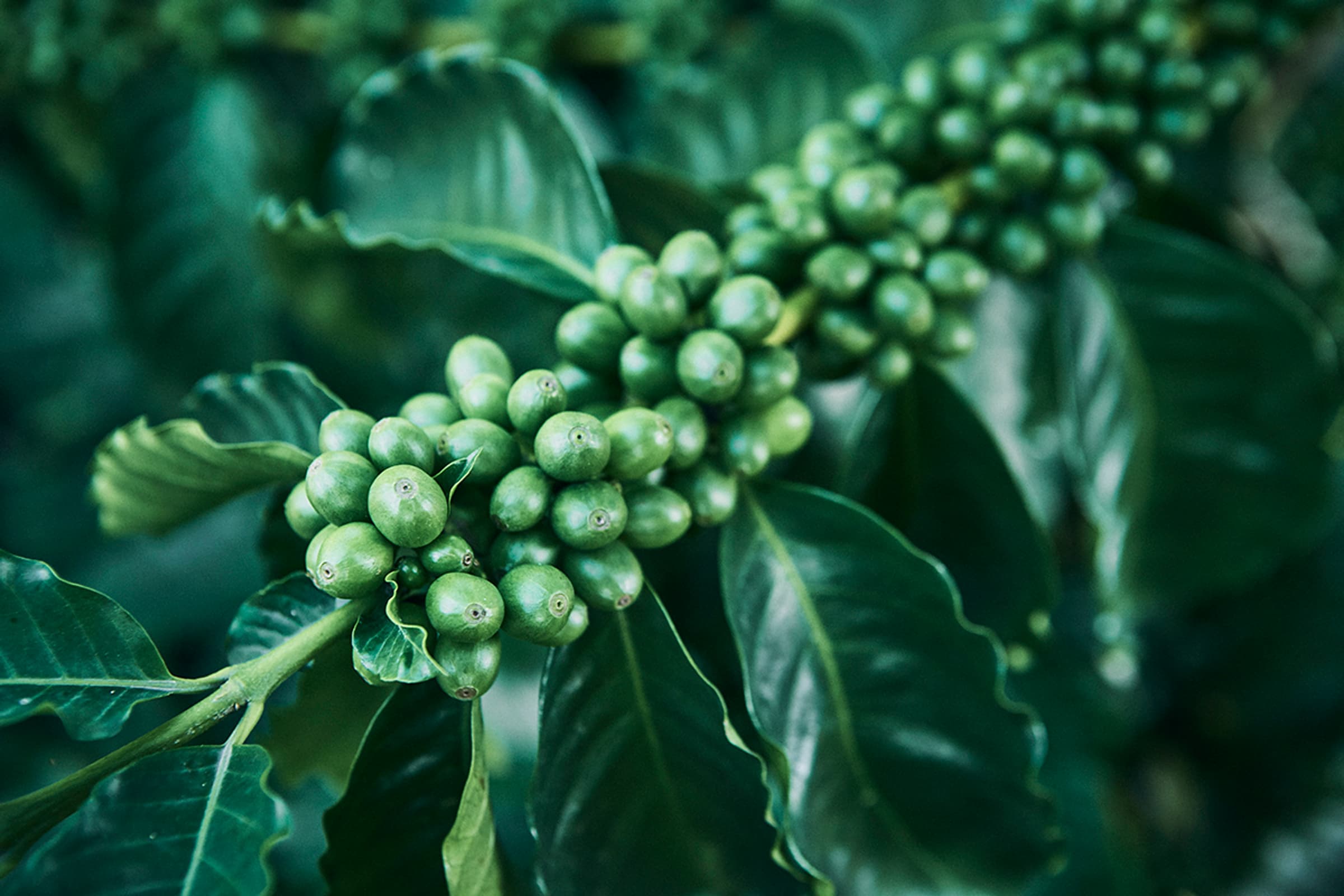
Our Work
We work in deep partnership with national and international research partners to create, test, and deliver improved varieties that support the continued competitiveness of diverse coffee origins.
Research Areas
The coffee plant is the most important technology in the coffee value stream—creating billions of dollars of economic value globally and supporting hundreds of millions of livelihoods, from farmers to baristas. So that is where we focus too. We work urgently with our partners to make better plants available and accessible to farmers.
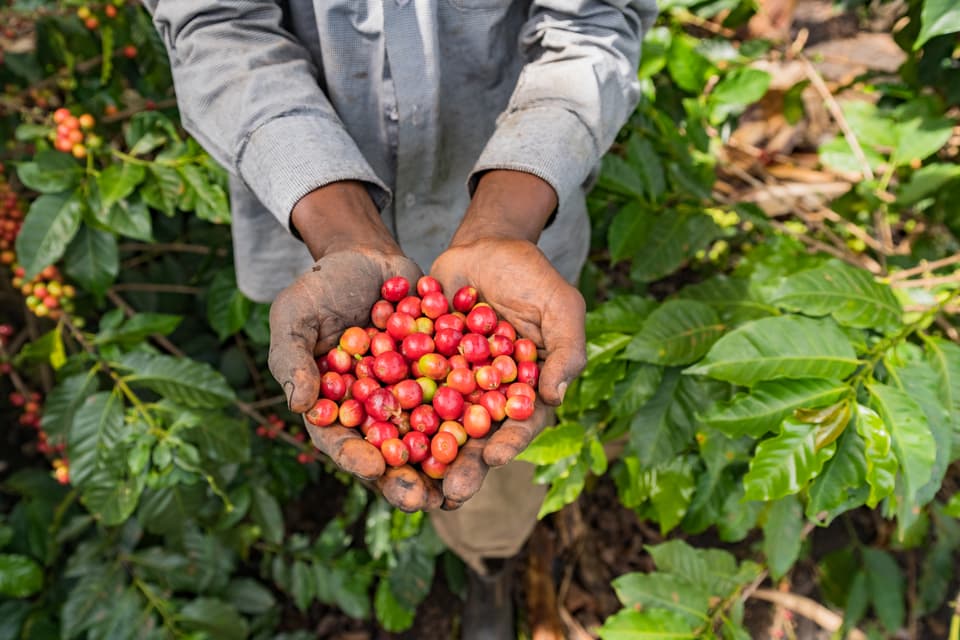
Breeding
Today’s coffee varieties are no match for the threats of the 21st century, but breeding innovation severely lags other crops. We support our partners to apply modern breeding approaches to create better varieties that meet farmer and consumer demand.
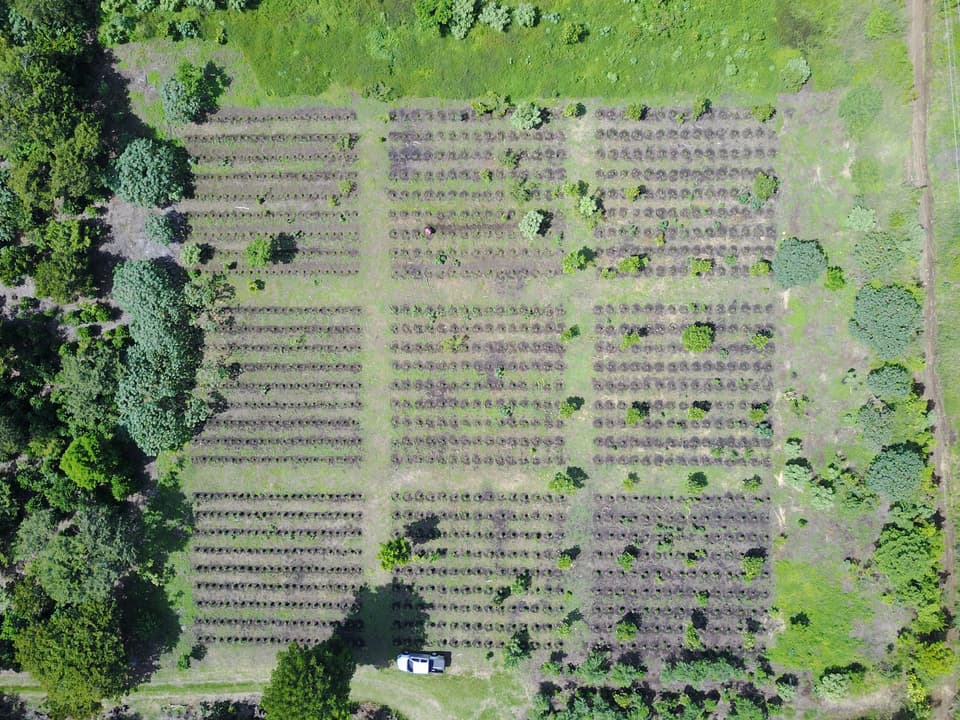
Field & Quality Trials
Farmers need varieties that perform better than what they already have. Through our international network of trials, we test both existing and new varieties in the field and in the cup, we support the creation and diffusion of better plants that meet farmers’ and roasters’ needs.
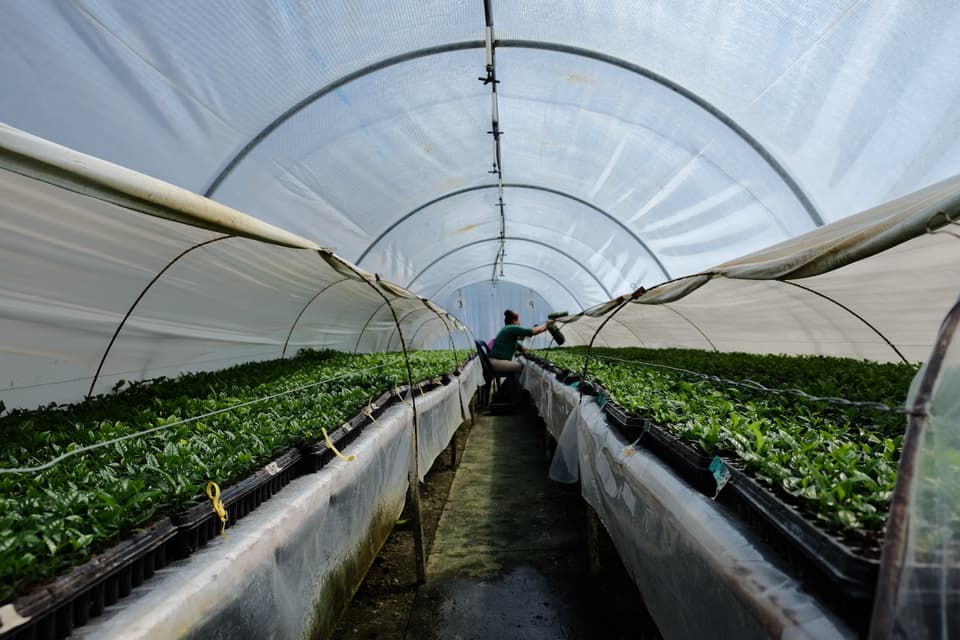
Nurseries & Seed Value Chains
Creating the best variety in the world doesn’t matter if farmers can’t access it. But today, most farmers don’t know what varieties they have, and don’t have access to better. We work to make better plants available and accessible to farmers by strengthening seed systems, deploying new tools, purifying seed lots, and training nurseries.
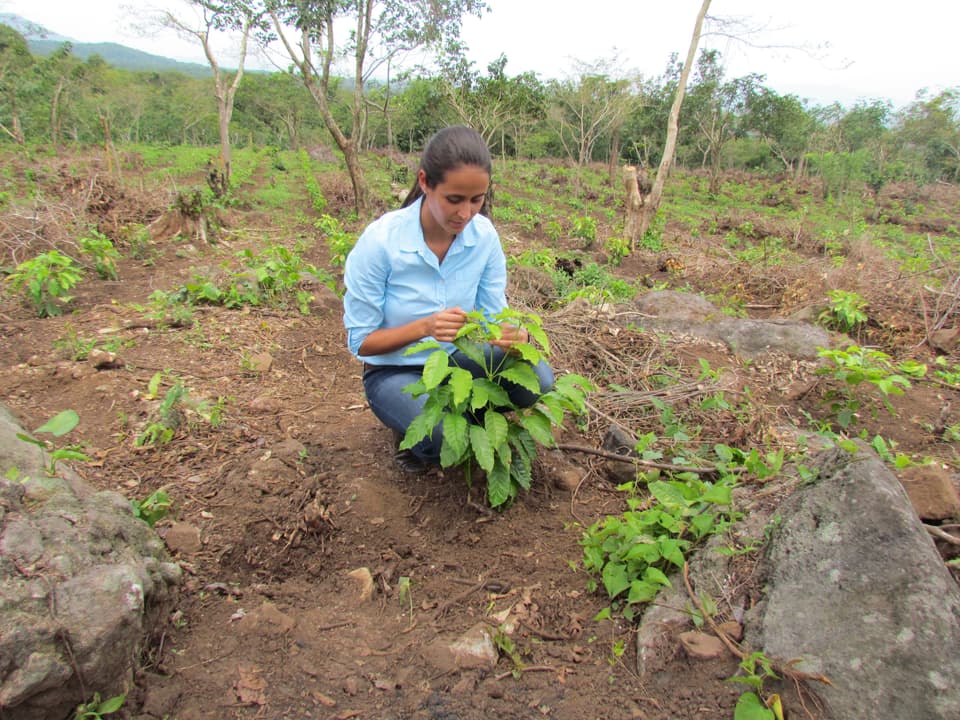
Global Leadership
WCR drives a strategy to enhance the stability and quality of world production. Each year, we consolidate and elevate research on key topics and shared concerns of the global coffee industry.
Our Strategy
In 2021–2025, our strategic aim is to preserve origin diversity in the face of the climate crisis by accelerating innovation for coffee agriculture to enhance the productivity, profitability, and quality of coffee across major market segments in multiple, strategically targeted countries.
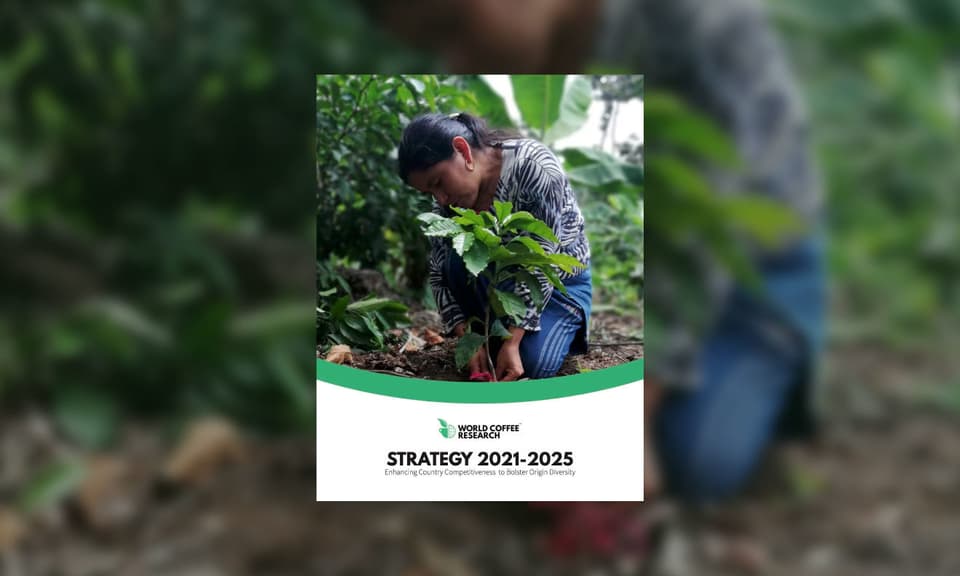
Our 2021–2025 Strategy
We will achieve this aim through an agricultural R&D program that advances three interconnected objectives:
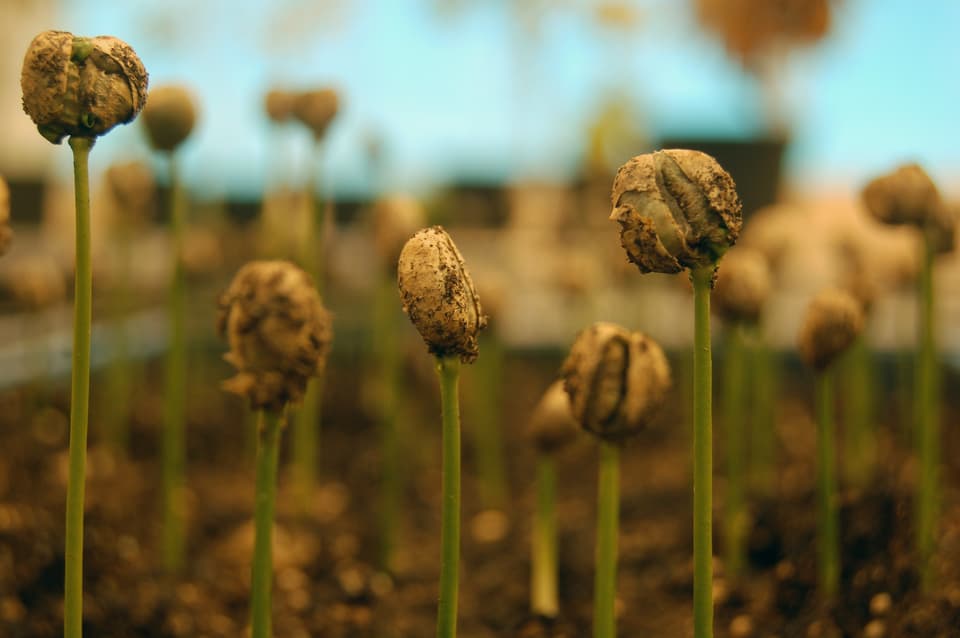
Objective 1
Enhance the productivity of climate-resilient coffee production in order to increase farmer profitability, the linchpin of farmer economic sustainability
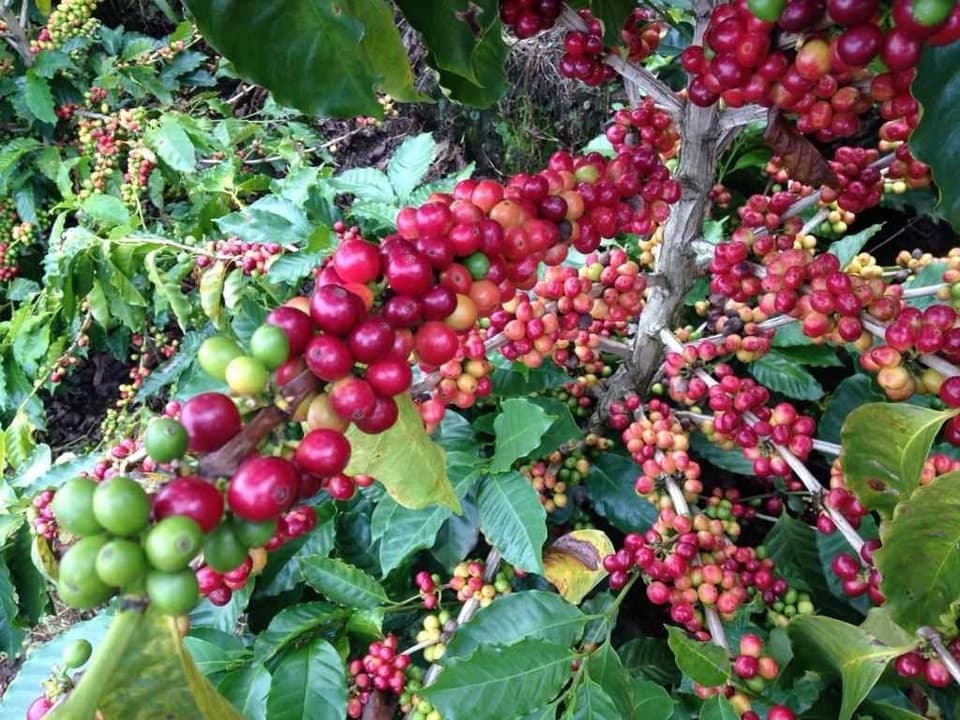
Objective 2
Improve the quality potential of coffee trees for different market segments (from commercial to premium to specialty, encompassing both arabica and robusta)
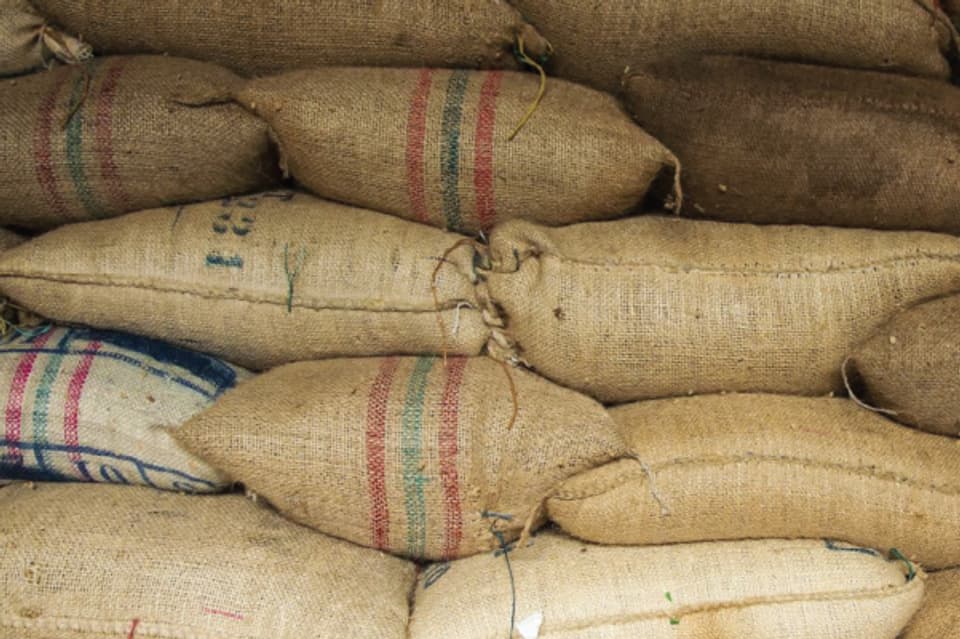
Objective 3
Mitigate supply chain risk by enhancing the competitiveness of strategically selected countries from the Americas, East Africa and Asia and driving an innovation agenda toward climate goals
Global Reach
Across the globe, farmers and coffee research institutions require better tools, methods, and knowledge to enhance the stability and quality of coffee production. We prioritize deep partnership with research institutions in producing countries and around the world.
Our partners and programs
We prioritize working in multiple countries critical for supporting origin diversity. Here, we build deep partnerships with national research institutes and others, working collaboratively to ensure that better varieties reach the farmers who need them.
Our partners and programs
Our Approach
WCR works with partners around the world to we create and test the next generation coffee varieties, to improve the systems that make those trees available to farmers, and to advocate for enhanced support for coffee R&D around the world.
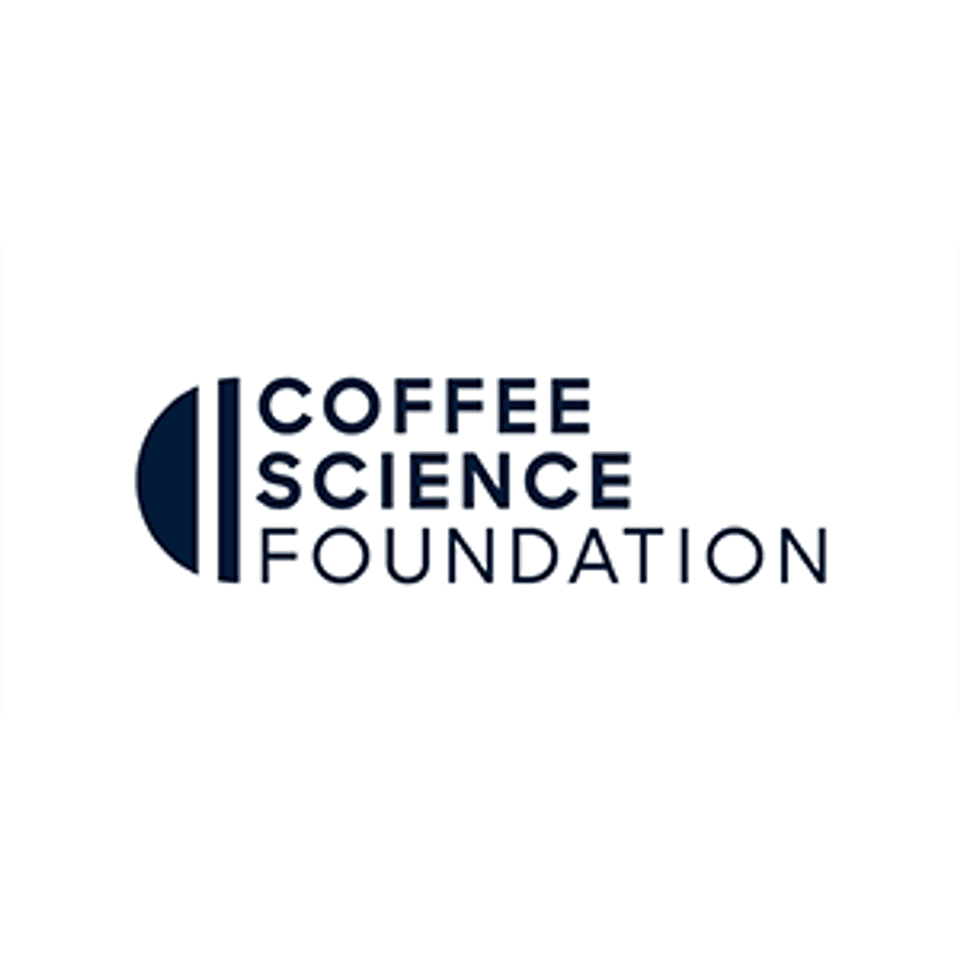
Coffee Science Foundation (CSF)
The Coffee Science Foundation (CSF) is a support organization of the Specialty Coffee Association (SCA) that serves as the research arm of the SCA. It is a non-profit organization dedicated to advancing the understanding of coffee and securing its future through research, knowledge-building, and outreach.
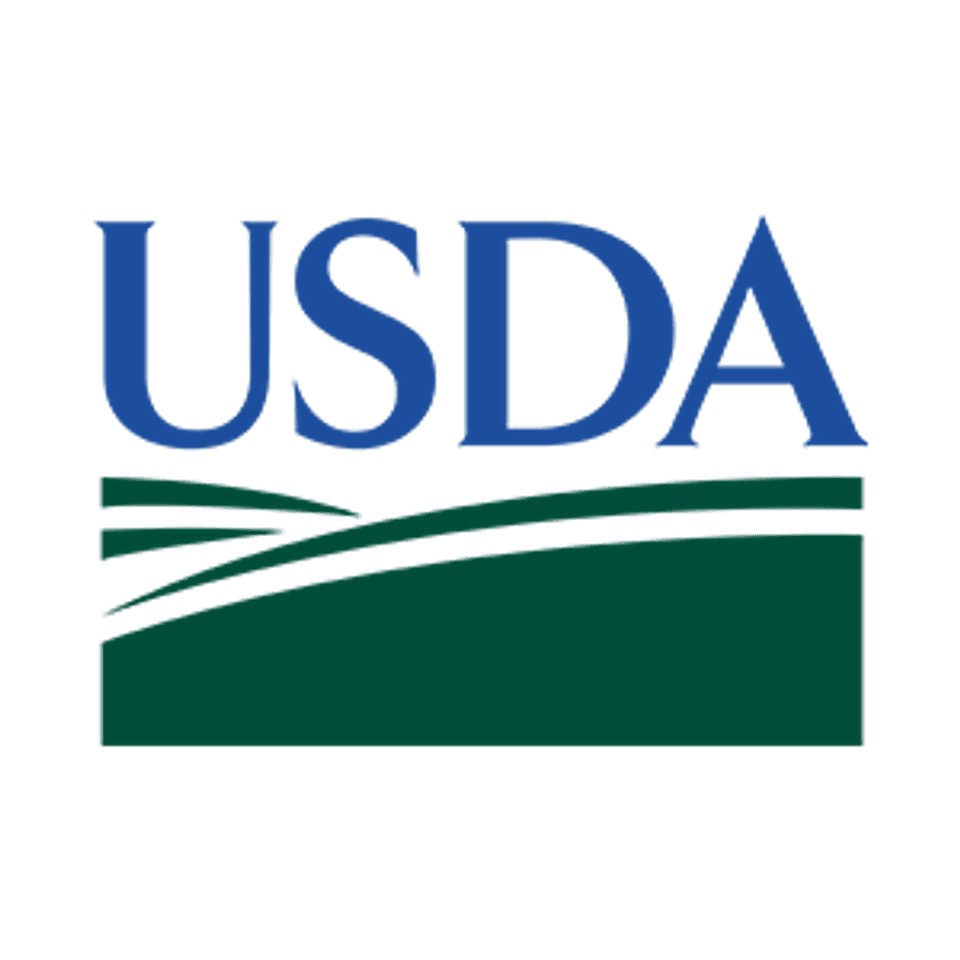
USAID
The Agricultural Research Service (ARS) is the U.S. Department of Agriculture's chief scientific in-house research agency. Their mission is to deliver scientific solutions to national and global agricultural challenges, from field to table.
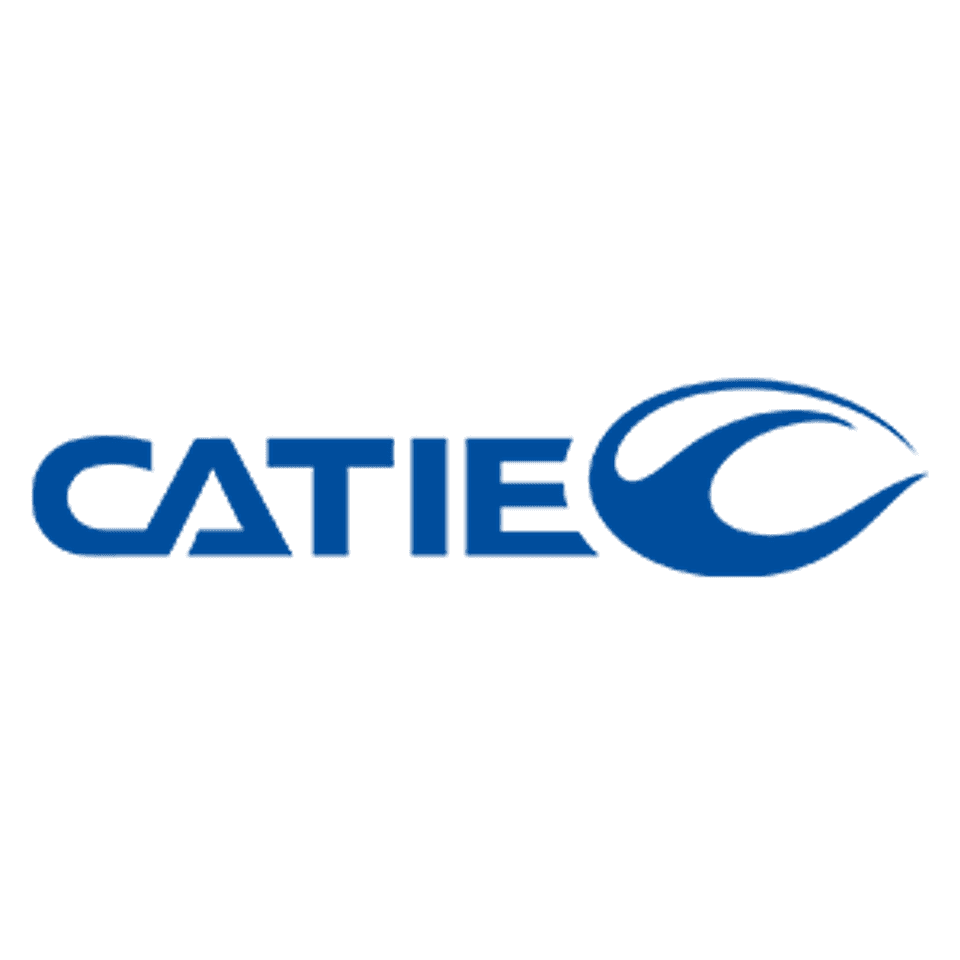
CATIE
The Tropical Agricultural Research and Higher Education Center (CATIE) is a regional center dedicated to research and graduate education in agriculture, and the management, conservation and sustainable use of natural resources. CATIE holds one of the world's most important collections of Coffea germplasm, with over 1,900 accessions of 11 species from Ethiopia, Yemen, Kenya, Tanzania, Colombia, Brazil, and Mexico.

Global Coffee Platform (GCP)
The Global Coffee Platform is a multi-stakeholder membership association of coffee producers, trade, roasters, retailers, sustainability standards and civil society, governments and donors, united under a common vision to work collectively towards a thriving, sustainable coffee sector for generations to come.
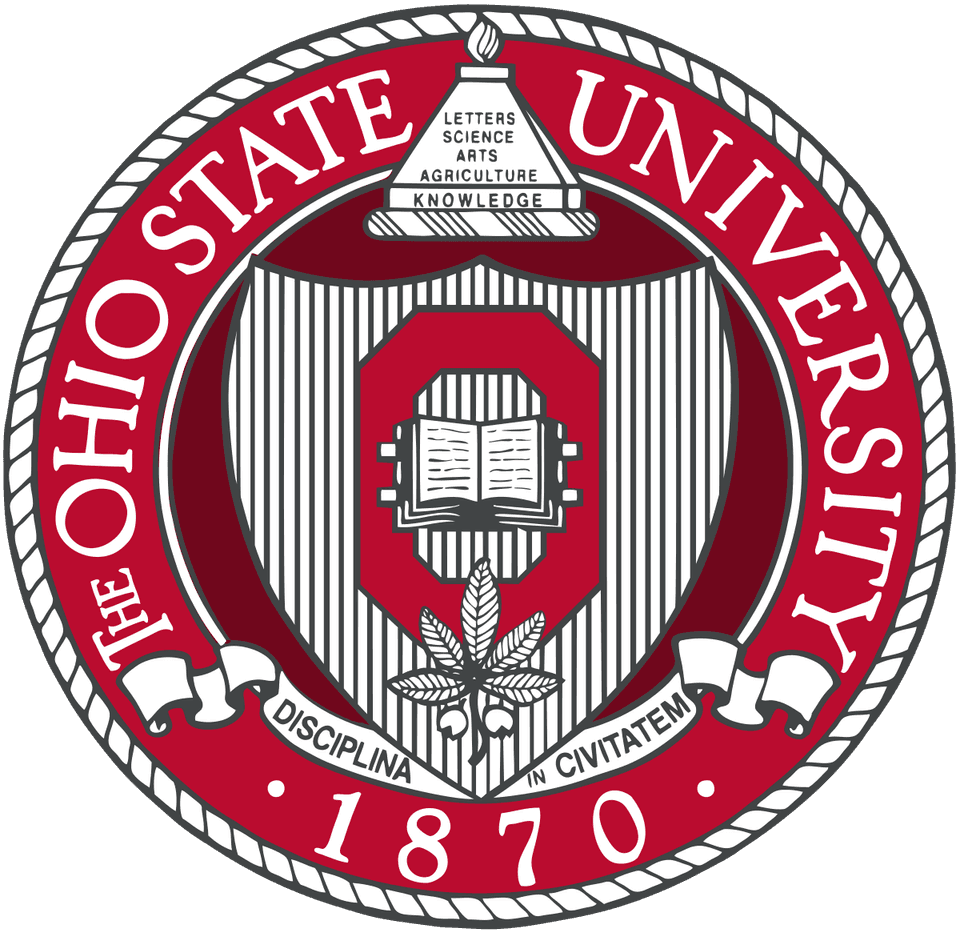
Ohio State University
The Ohio State University College of Food, Agricultural and Biological Engineering (FABE) is an international leader in the advancement of the science and application of engineering in systems involving food, agriculture, environment, and construction.
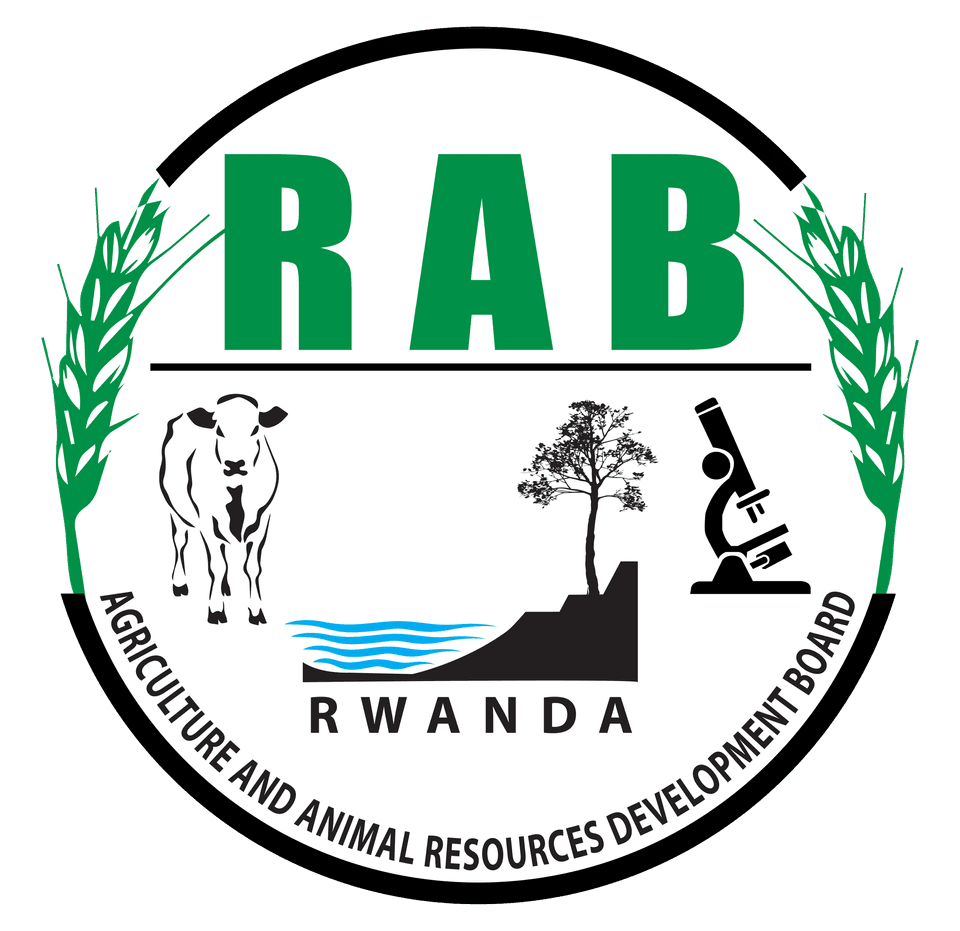
Rwanda Agriculture and Animal Resources Development Board (RAB)
The Rwanda Agriculture and Animal Resources Development Board (RAB) is an autonomous body established by LAW N°38/2010 OF 25/11/2010 and Currently, RAB is governed by Presidential Order N° 074/01 OF 09/12/2022 Governing Rwanda Agriculture and Animal Resources Development Board (RAB), determining its mission, organization, and functioning. The law specifies that: The mission of RAB is to develop agriculture and animal resources through research, agricultural extension and animal resources extension in order to increase agricultural and animal resources productivity and quality, as well as their derived products.

Instituto del Café de Costa Rica (ICAFE)
The Instituto del Café de Costa Rica (ICAFE), founded in 1933, regulates all coffee activities and is a source of innovation, investigation, and technological development in commitment with the environment in all the coffee sectors of Costa Rica.
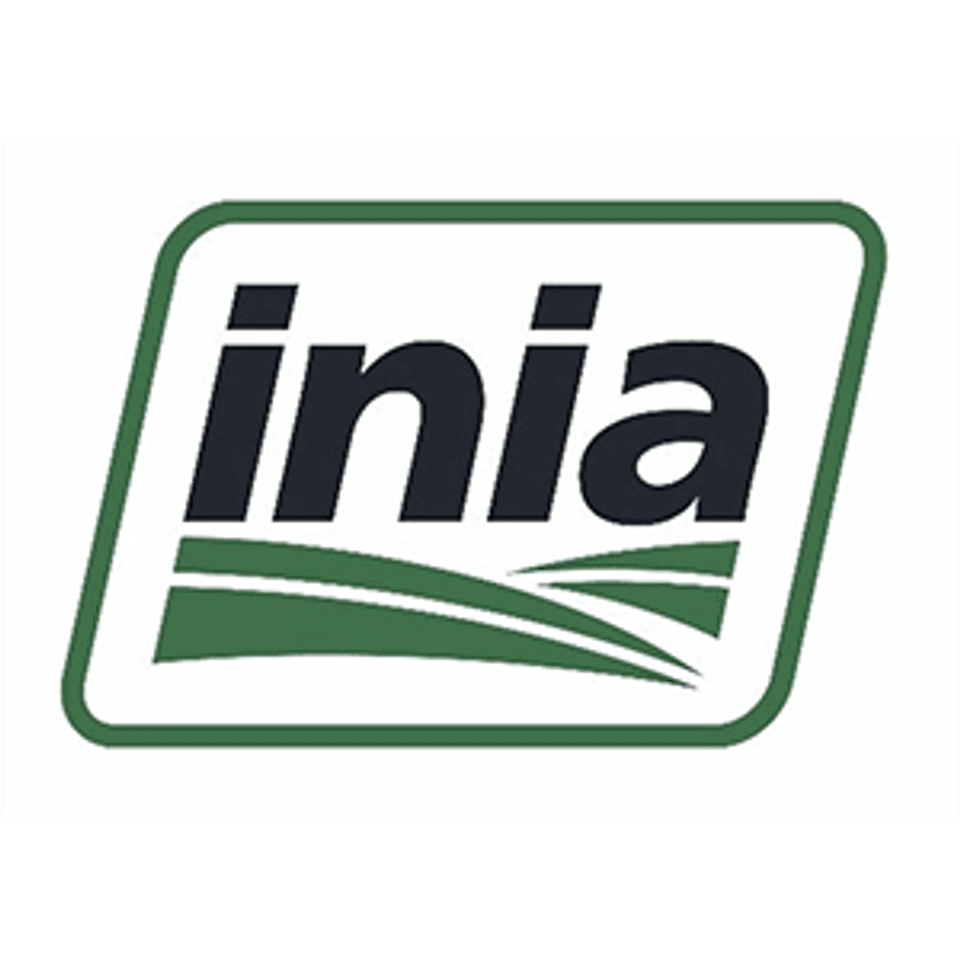
Instituto Nacional de Innovación Agraria (INIA)
INIA is Peru’s agricultural research institute, part of the Ministry of Agriculture. It contributes to equitable, competitive and sustainable economic growth through agricultural innovation. Their research supports Peru’s competitiveness, food security, and adaptation to climate change.
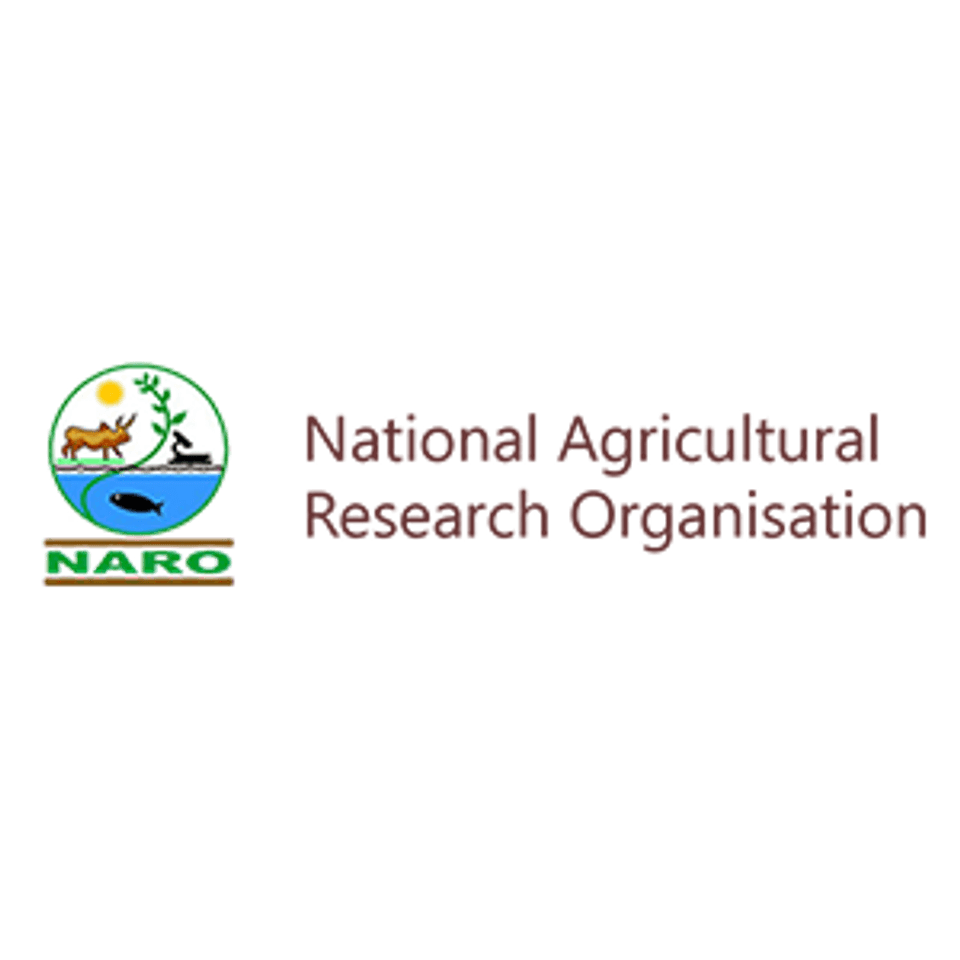
National Coffee Research Institute (NaCORI)
NaCORI conducts and manages basic and applied research for coffee in support of national goals to increase the value of coffee exports. NaCORI is one of 16 public agricultural research institutes of the National Agricultural Research Organization (NARO), and has been named a Center of Robusta Excellence. NaCORI in recent years has developed and released new robusta clones and is exploring improvements to cloning.
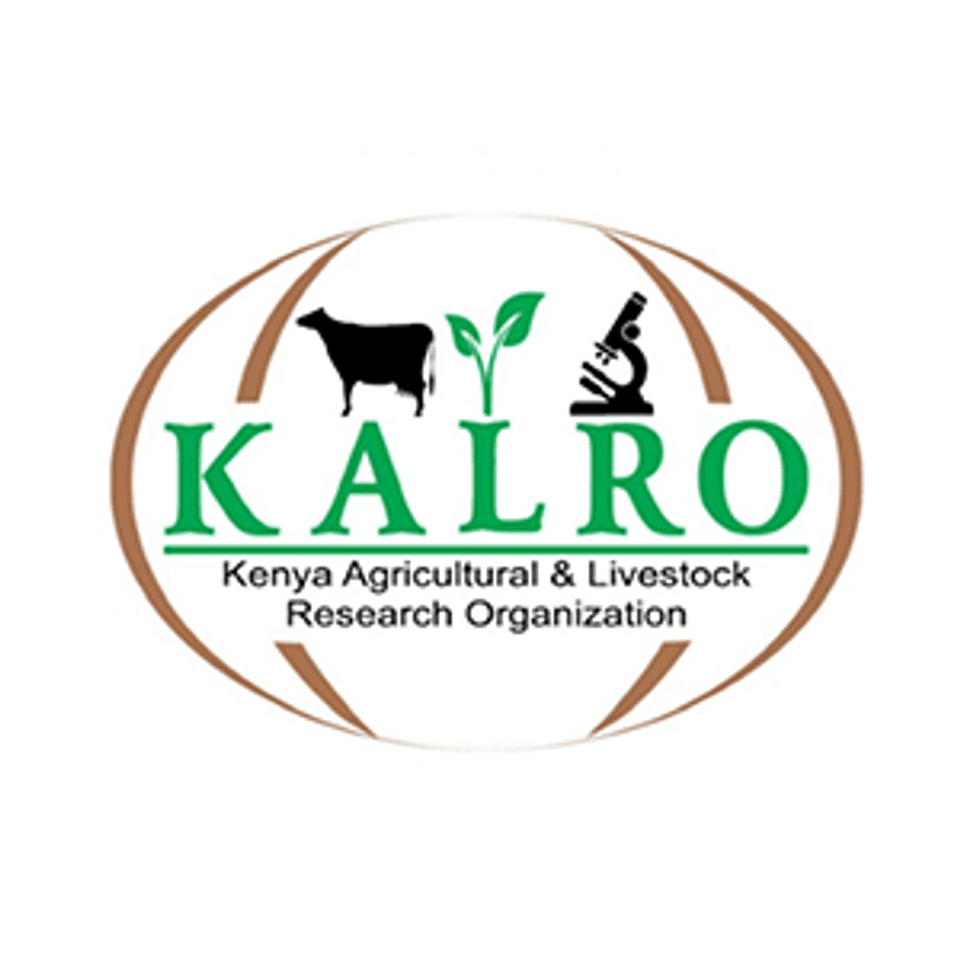
Kenya Agricultural & Livestock Research Organization (KALRO)
KALRO conducts research to catalyze sustainable growth and development in Kenya’s agriculture sector. Kenya has one of the longest histories of formal coffee research in the world, commencing in 1908. The famed SL 28, SL 14, and SL 34 arabica varieties were developed in the early 1900s in Kenya. The Coffee Research Station at Ruiru was initiated by the colonial government in 1944, and coffee research came under the purview of KALRO in 2014.
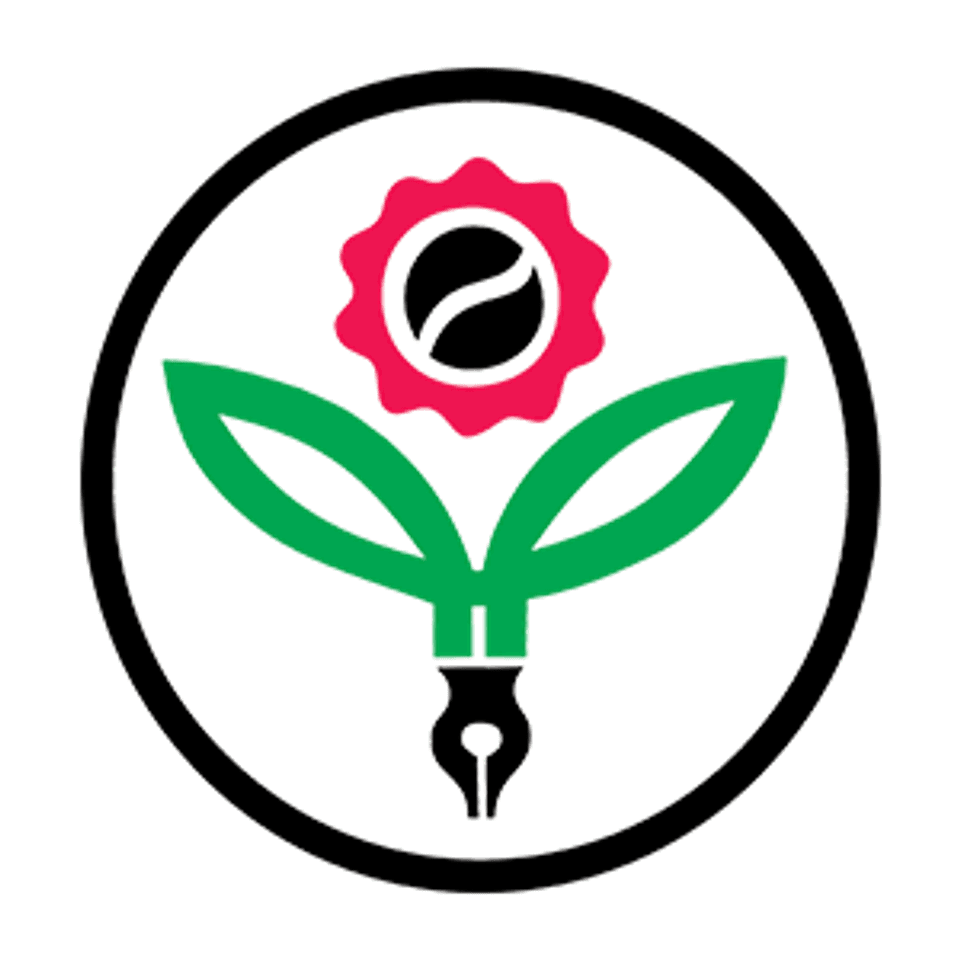
Indonesian Coffee and Cocoa Research Institute (ICCRI)
ICCRI was established in 1911 and has played an active role in the research and development of coffee and cocoa in Indonesia for more than a century. In 2013, the national Ministry of Research and Technology declared ICCRI a Center of Excellence (CoE) for coffee. ICCRI derives a significant portion its revenue used to support their research program through the sale of seedlings to farmers.
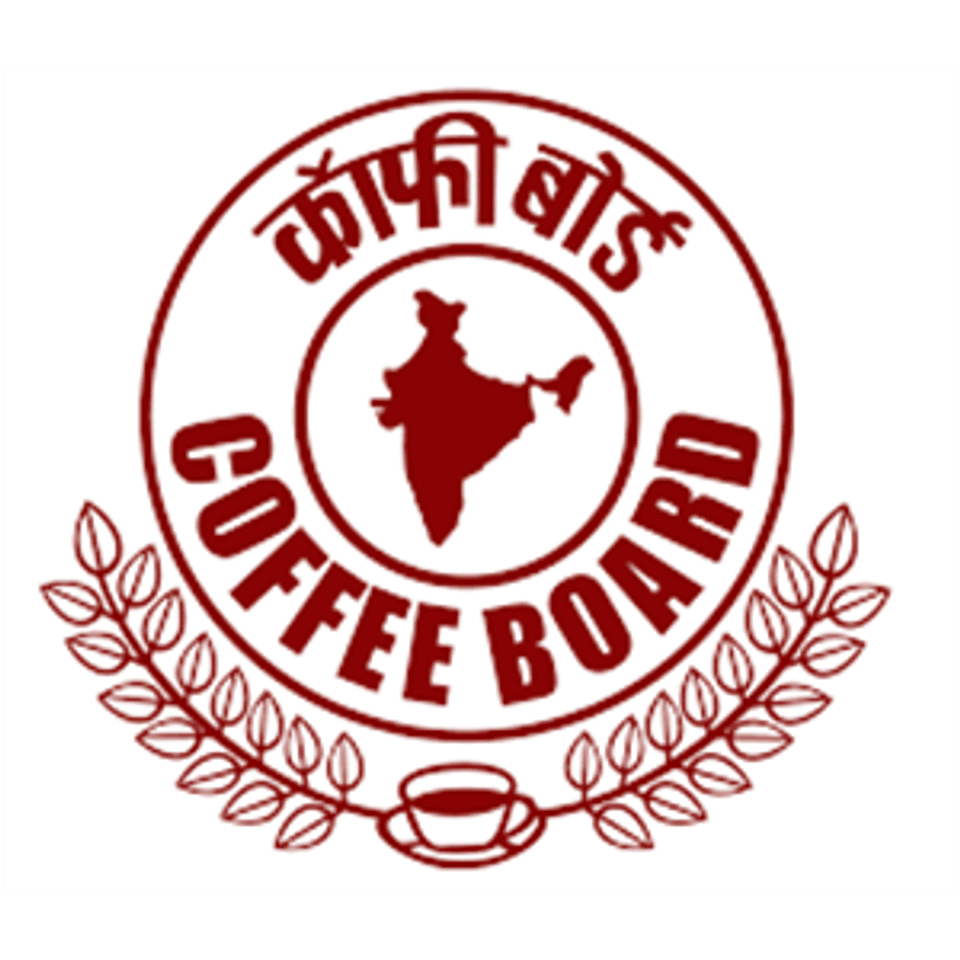
Central Coffee Research Institute (CCRI)
CCRI, established in 1925, is the research and extension arm of the Coffee Board of India. CCRI is located in the heart of Karnataka, India’s most important coffee region. For nearly 100 years, the institute has conducted research on plant breeding, agronomy, agricultural chemistry and soil science, plant physiology, pathology, entomology and post-harvest technology. CCRI has developed numerous improved varieties with tolerance to major pests and diseases.
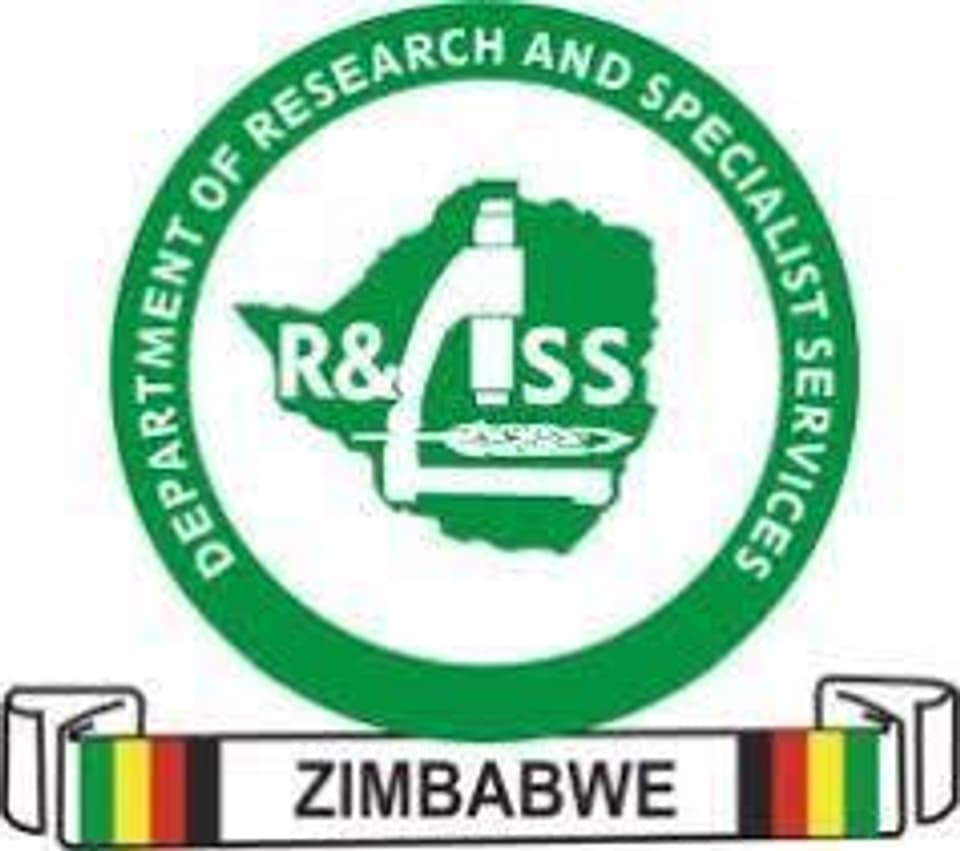
Department of Research and Specialist Services, Coffee Research Institute
The DR&SS was established in 1948, and has since been consolidated into the following three divisions: the Division of Crops Research (with 6 institutes); The Division of Livestock and Pastures Research (with 4 institutes); and The Division of Research Services (with 7 institutes). Their mission is provide research-based technologies, knowledge and information to facilitate a sustainable and viable agricultural sector in Zimbabwe.
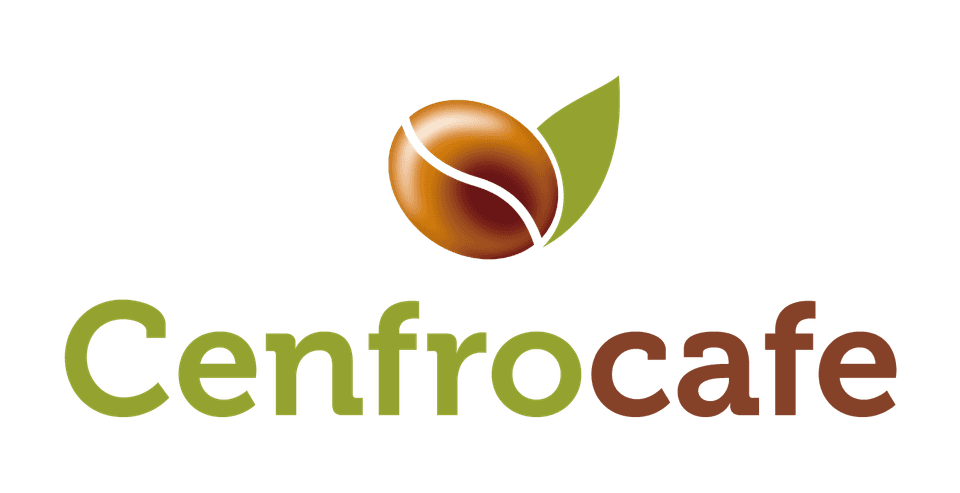
CENFROCAFE
CENFROCAFE was founded in 1999 with 220 small-scale coffee farmers in eleven community-based associations. Nearly fifteen years after its founding, CENFROCAFE, now based out of Jaen, serves more than 2,000 farmer members in local associations spanning across twelve districts within the lush Cajamarca region. The farm is implementing WCR F1 hybrid variety trials with the support of WCR member company Falcon Coffees.
